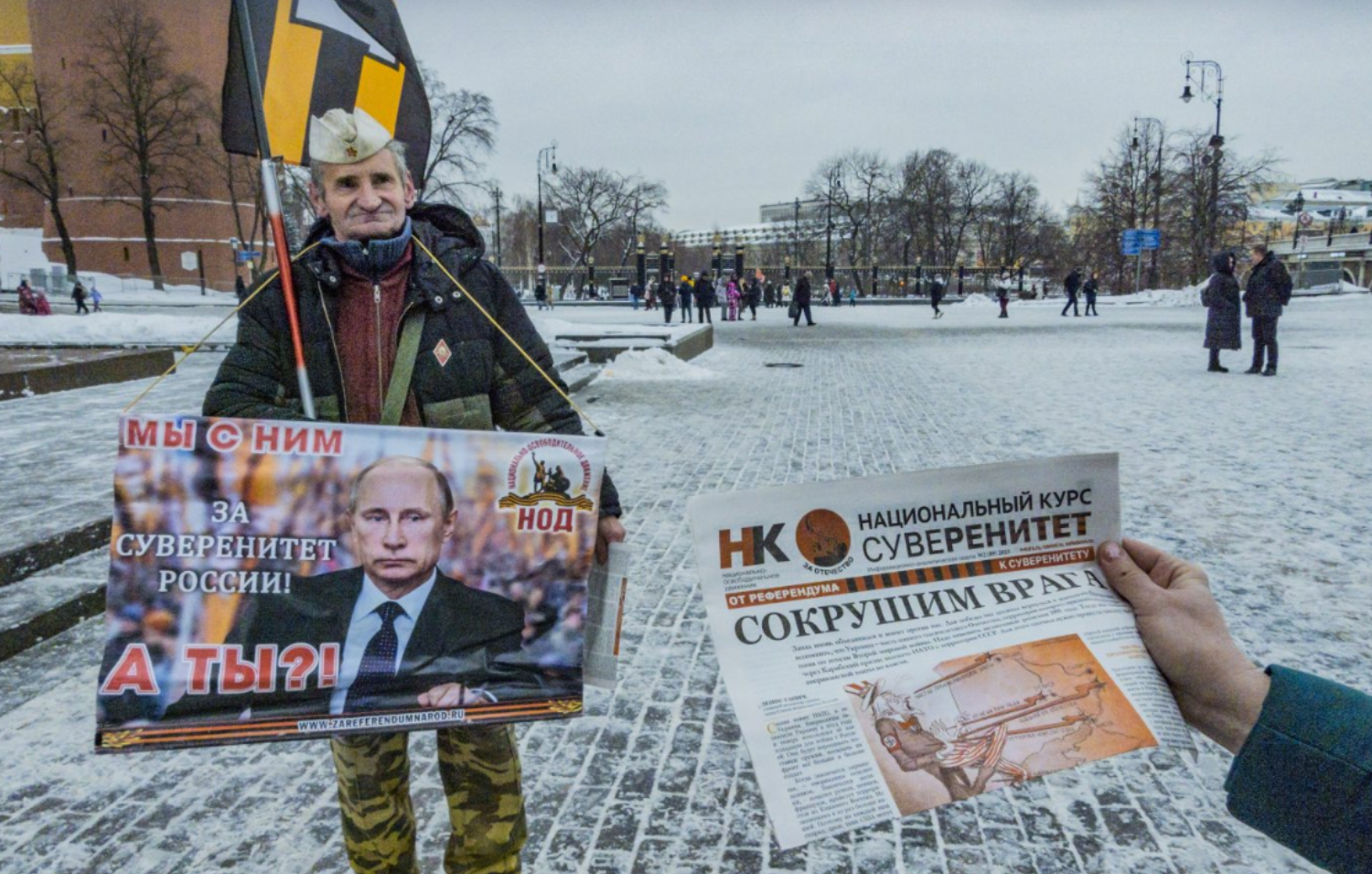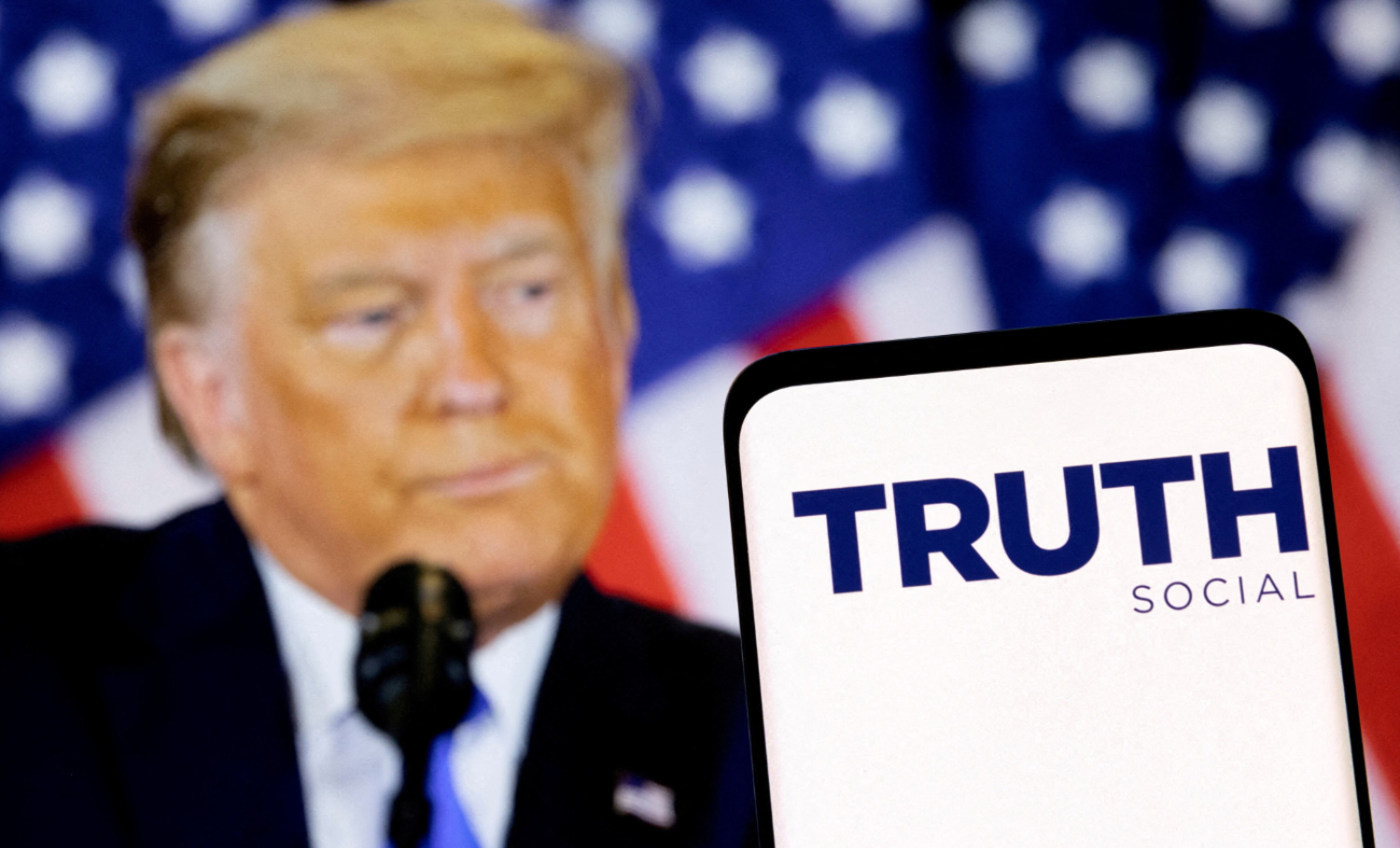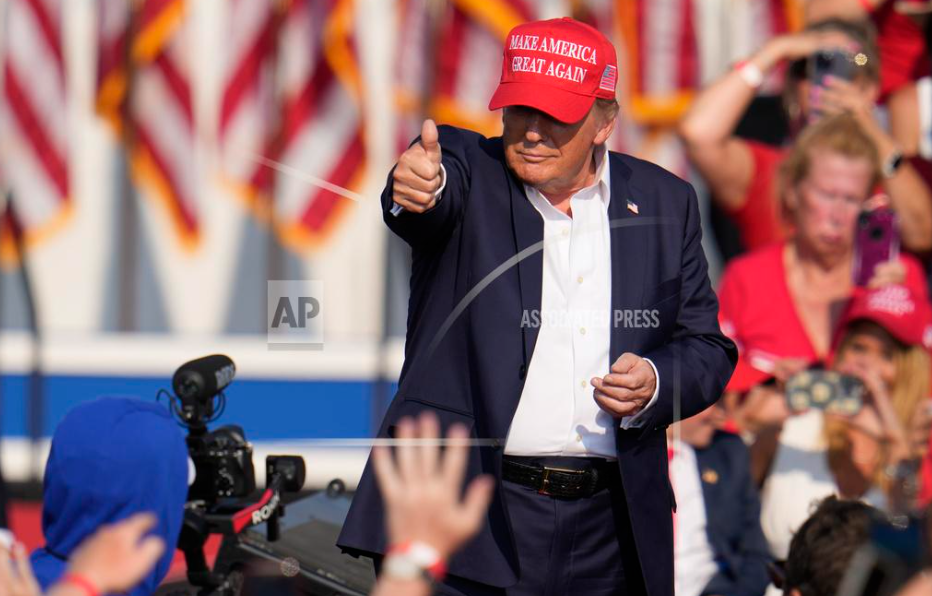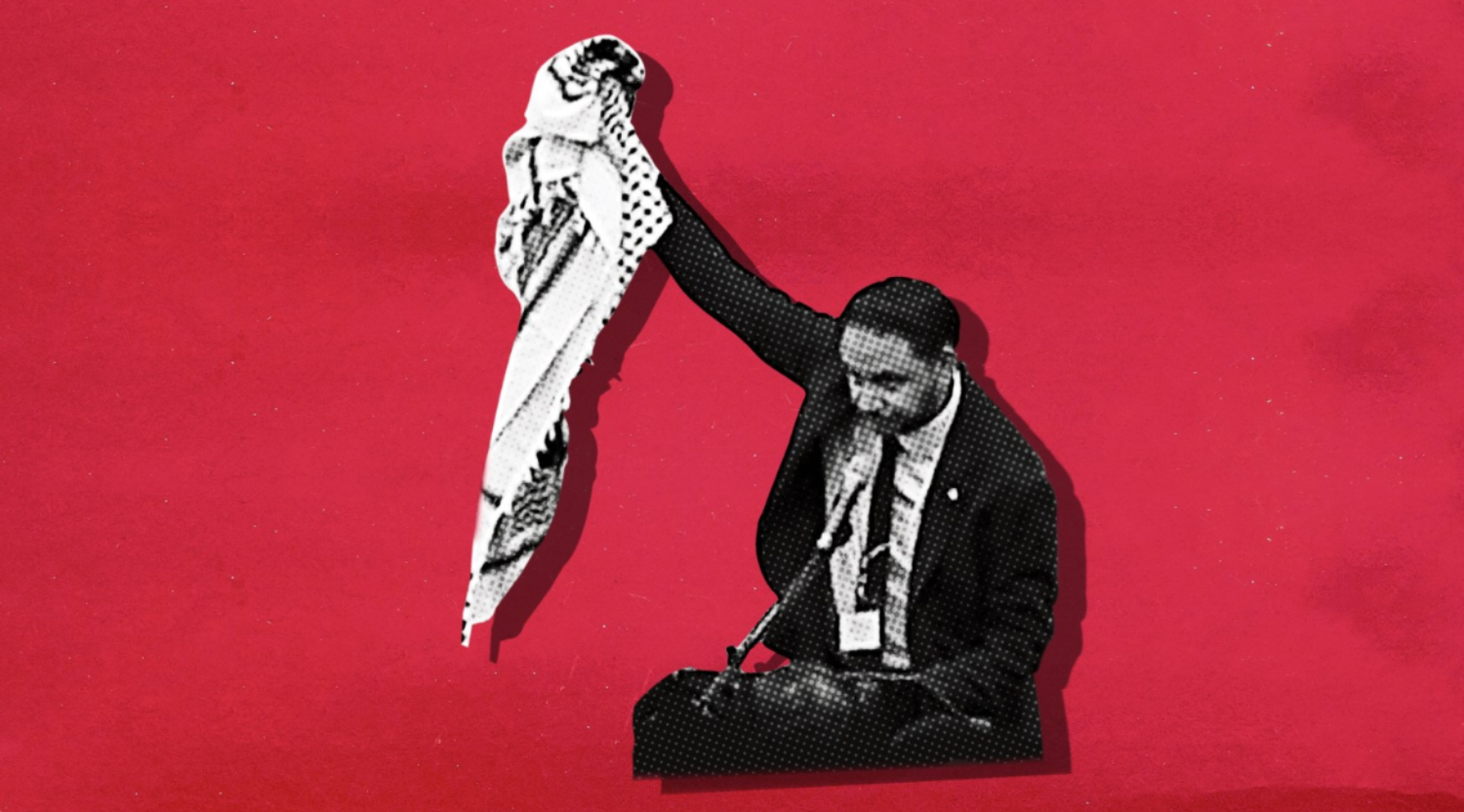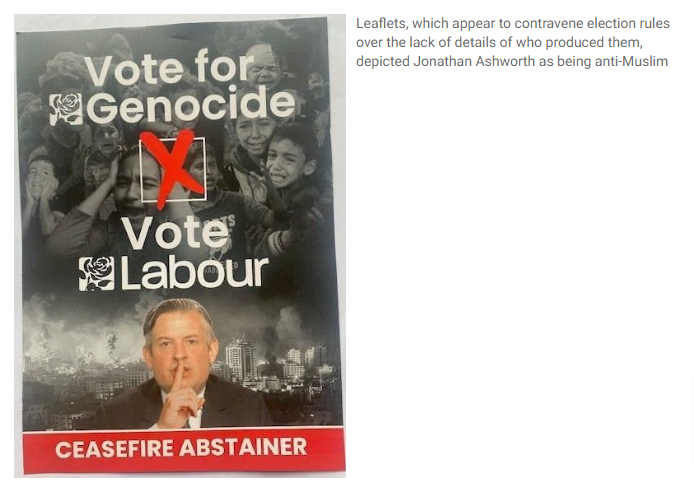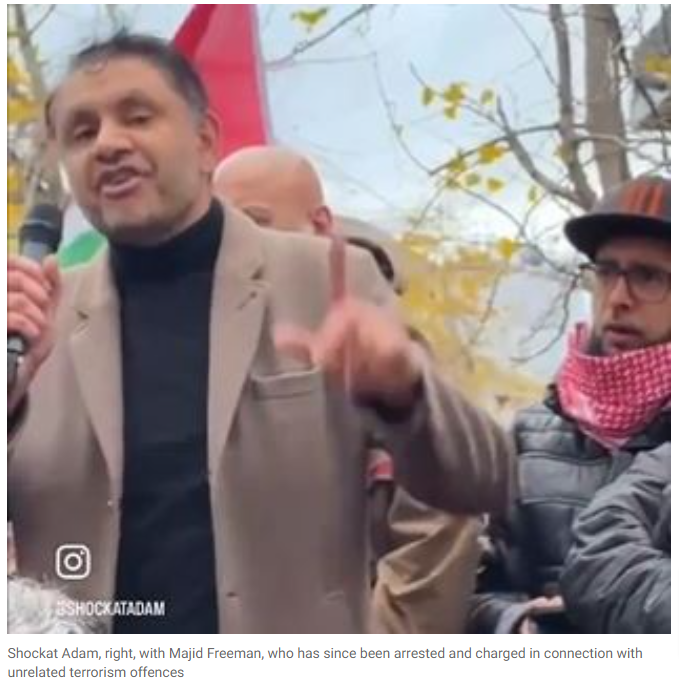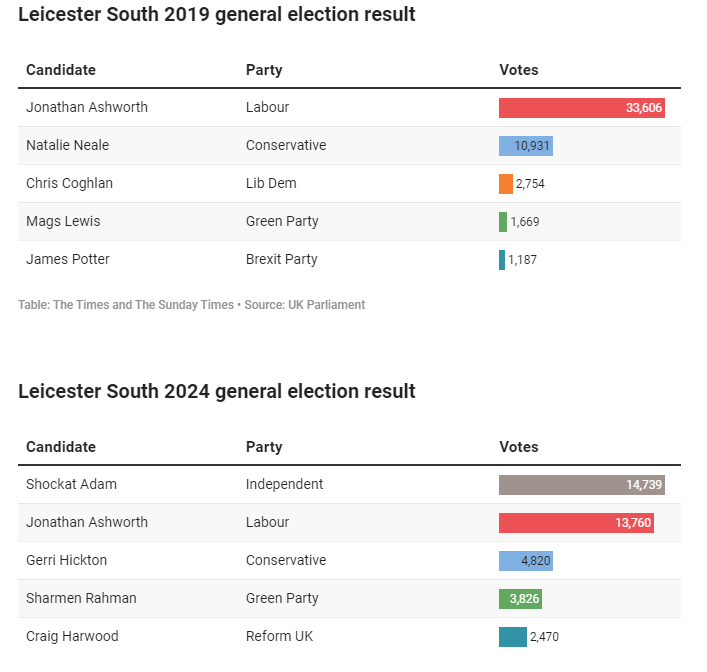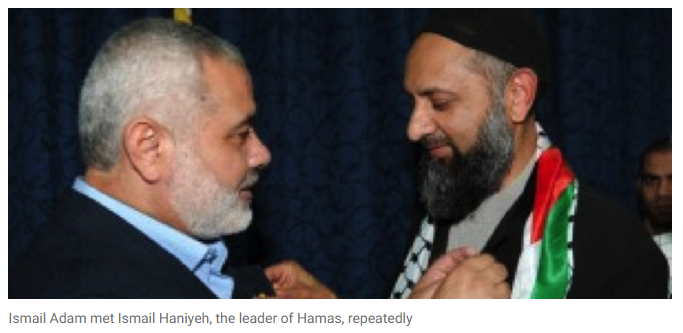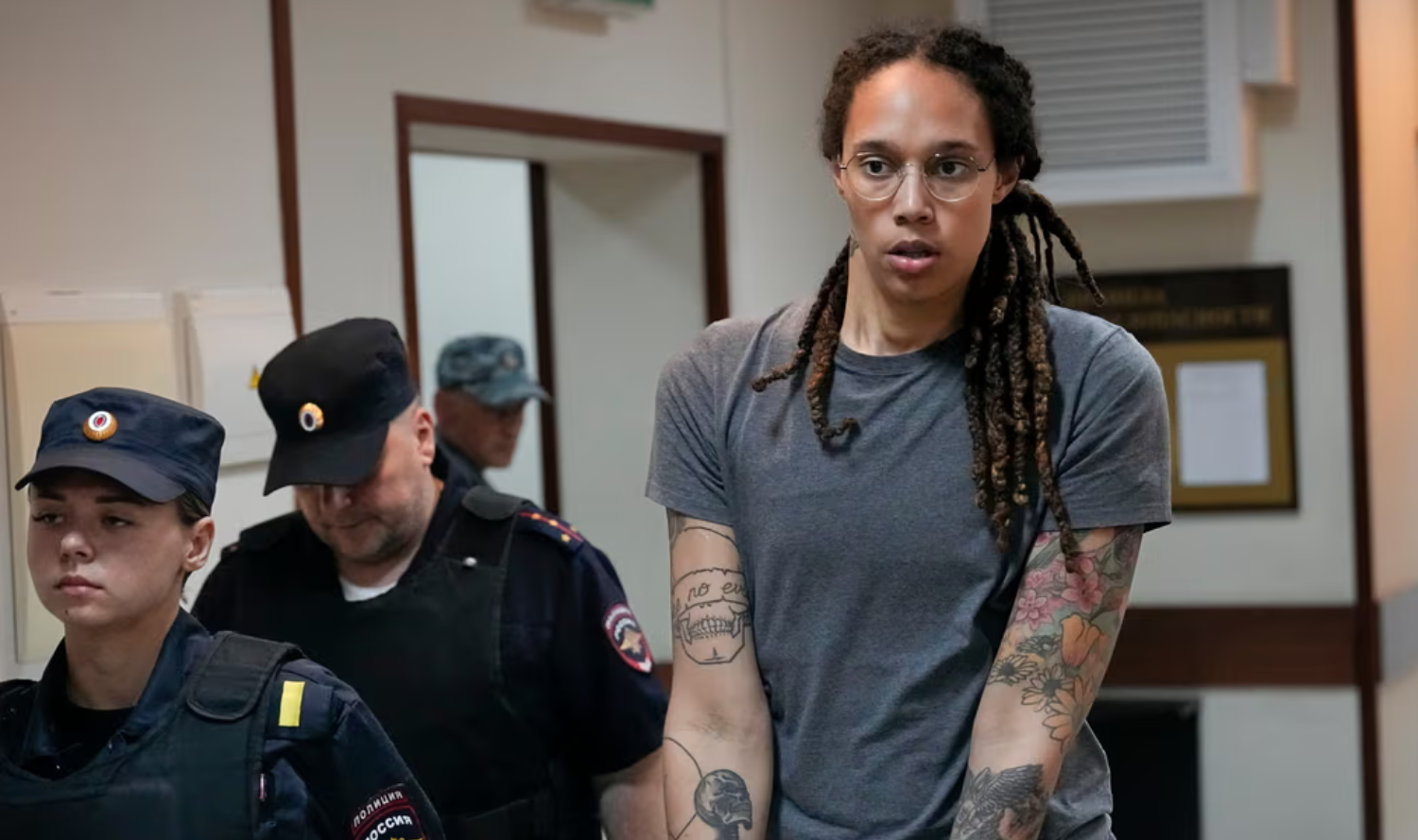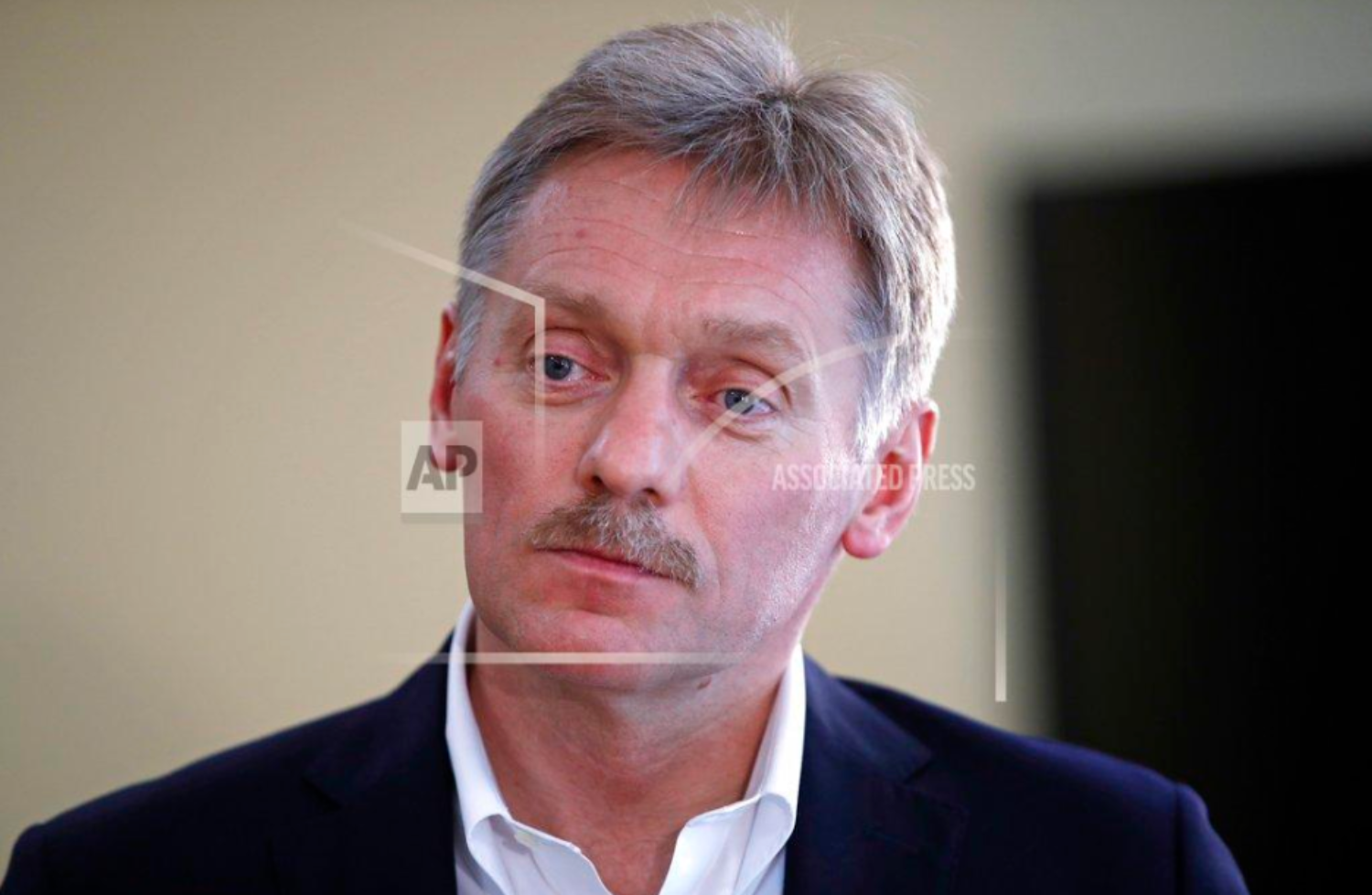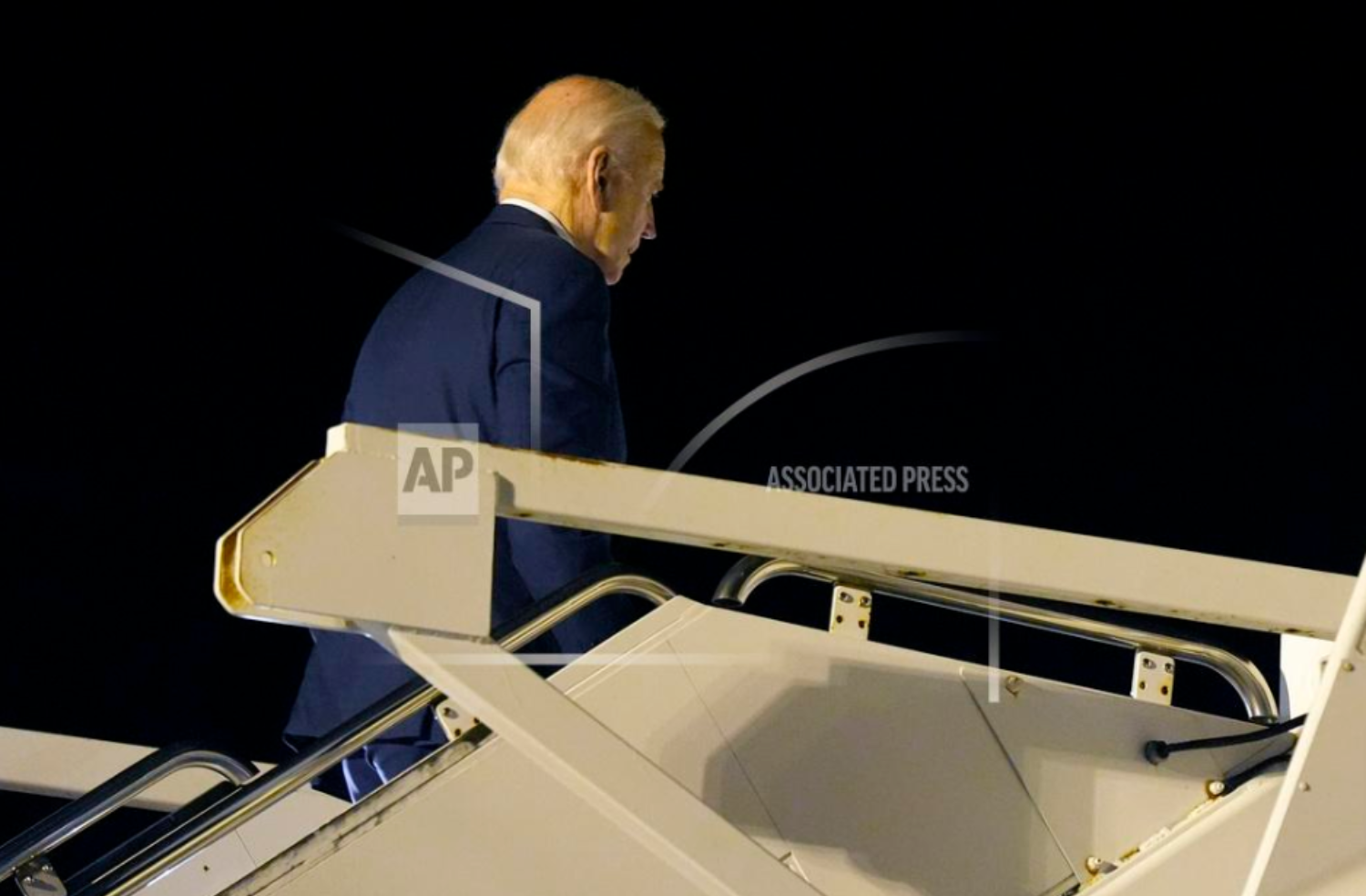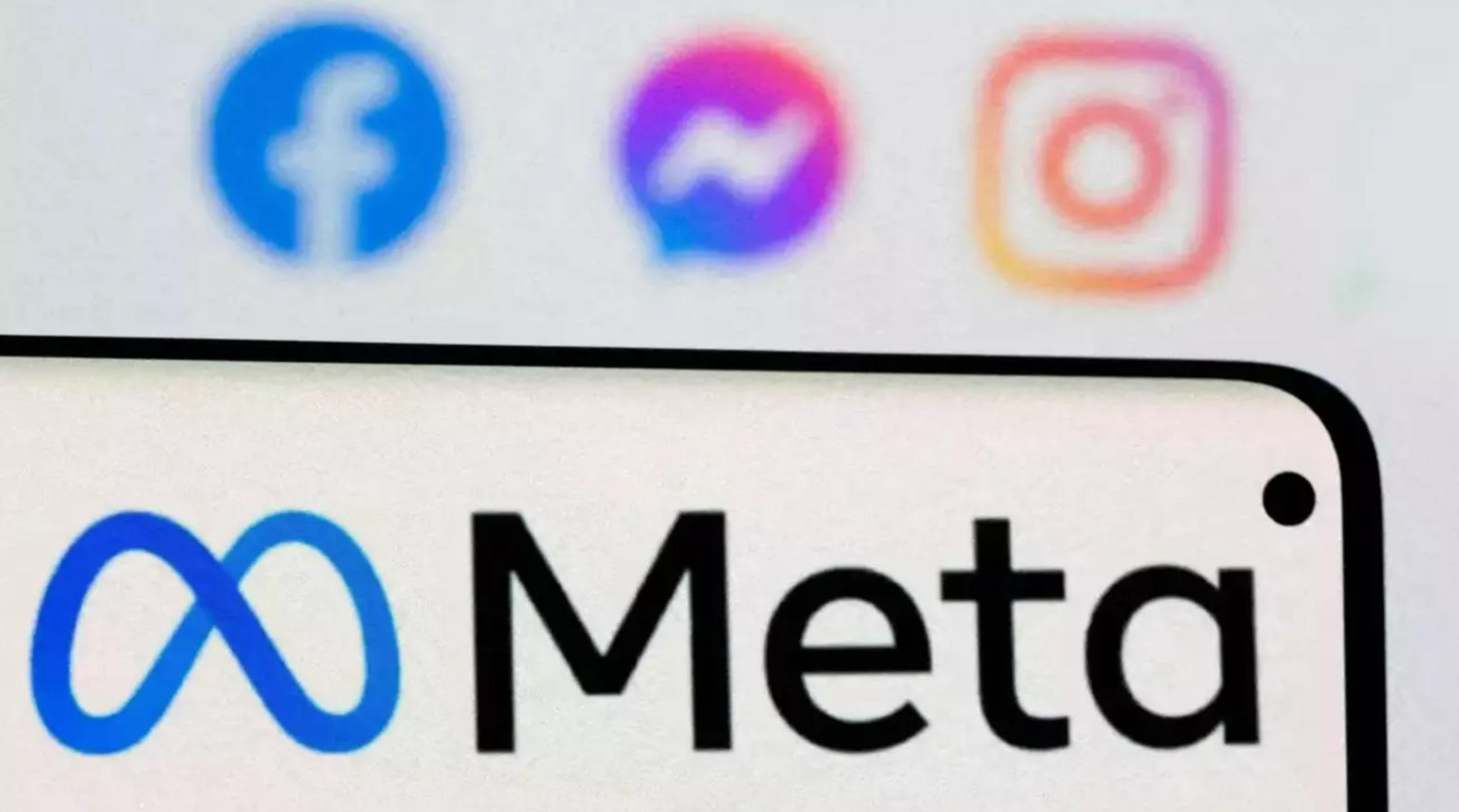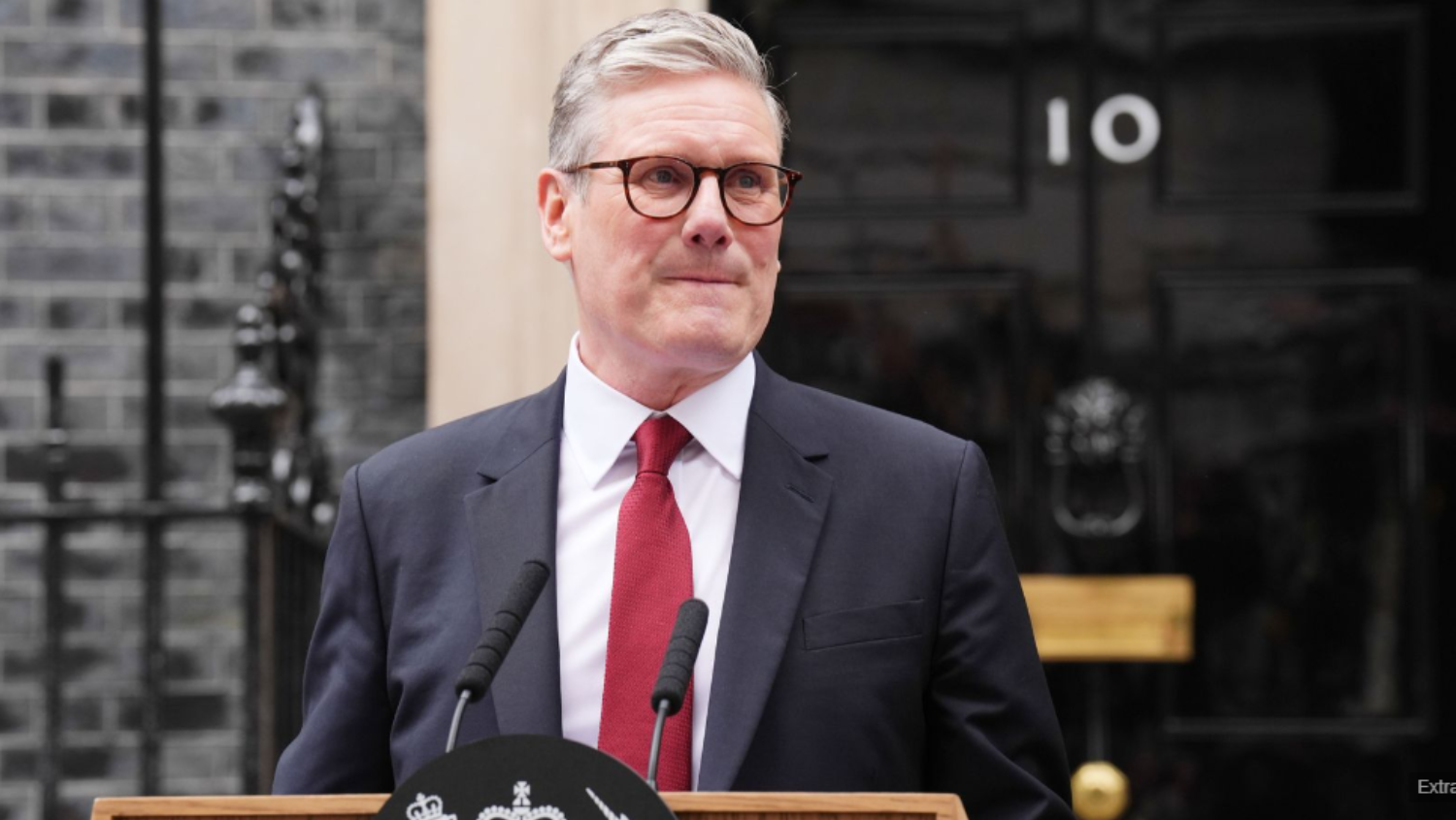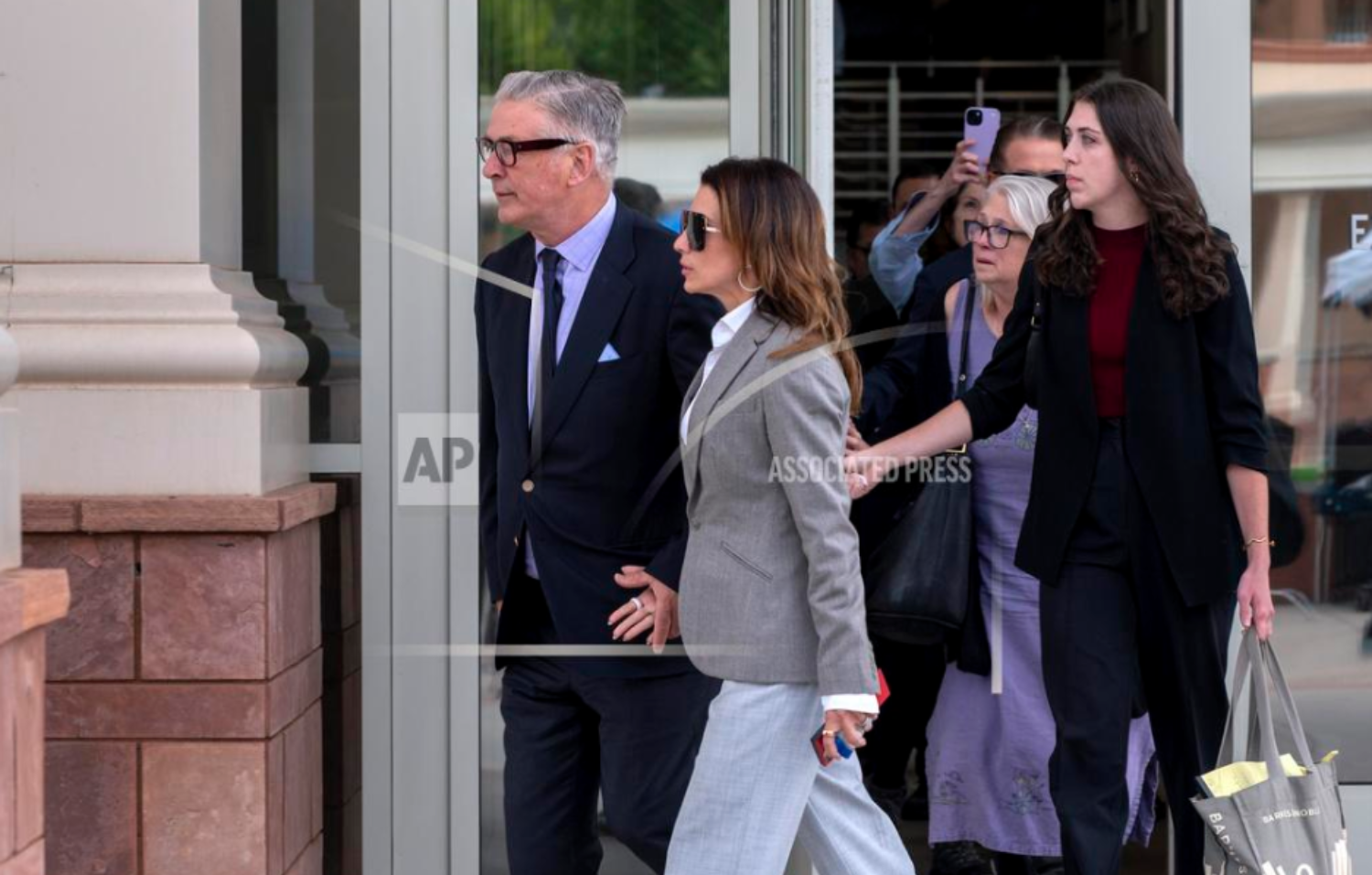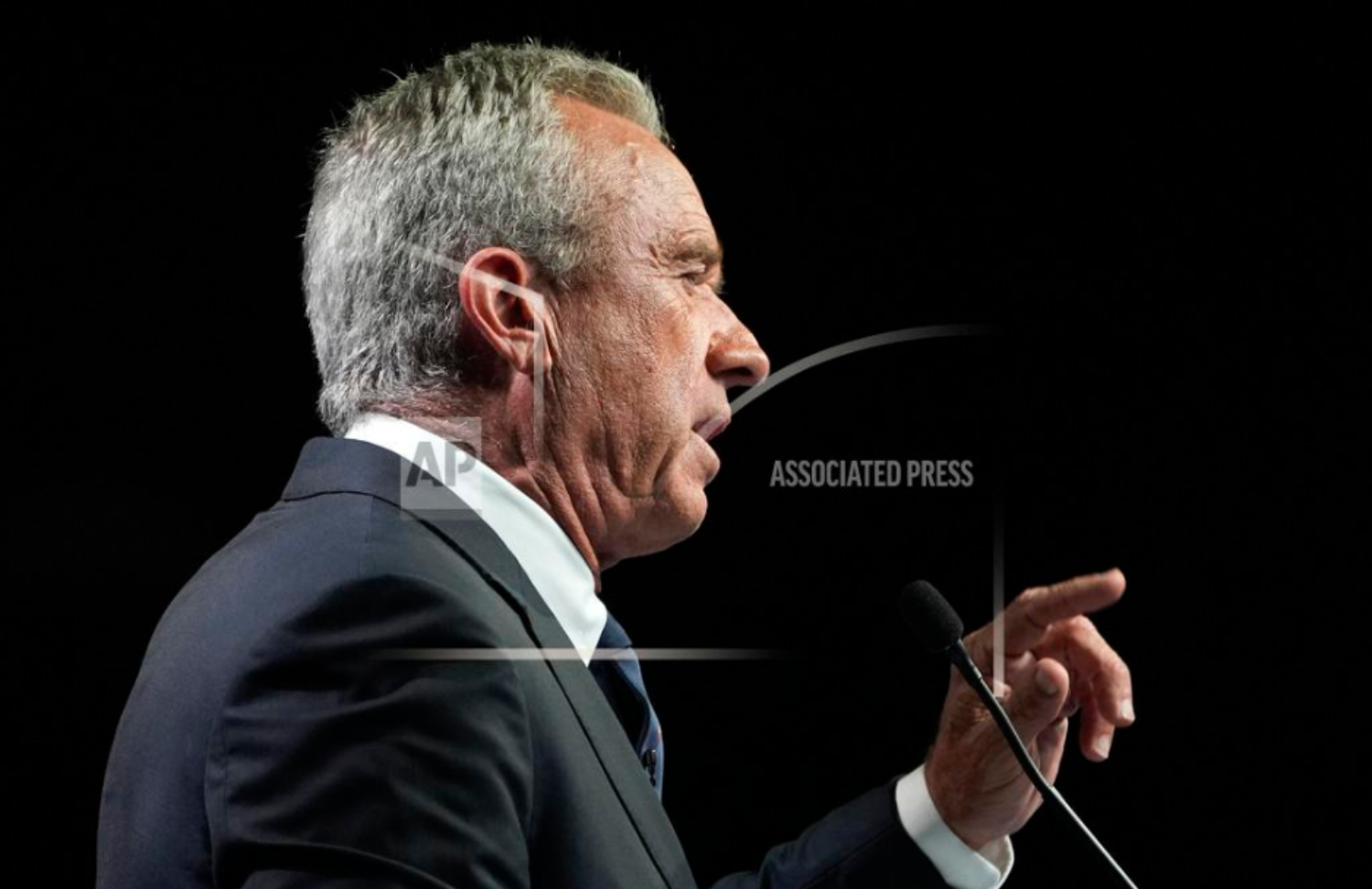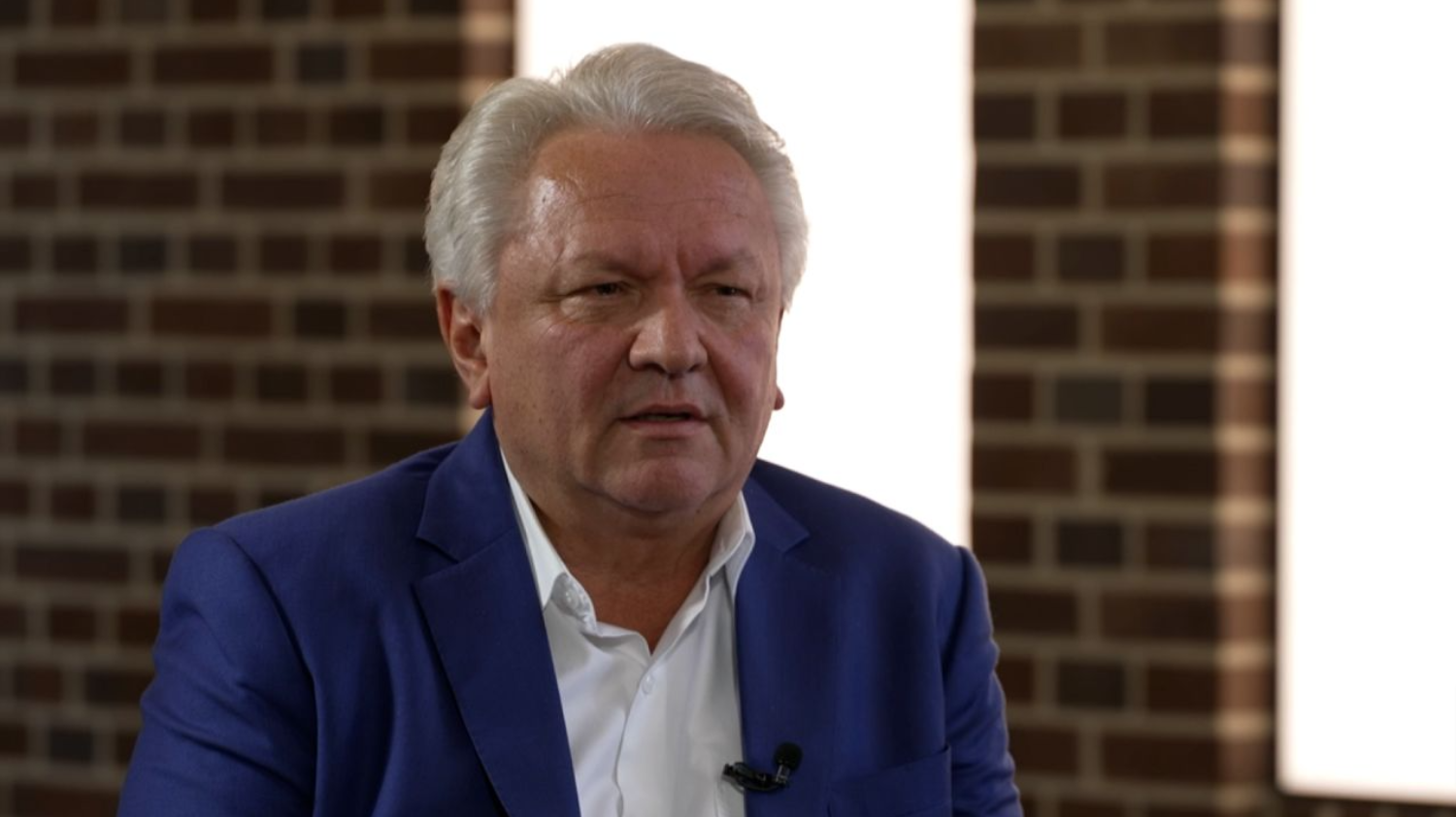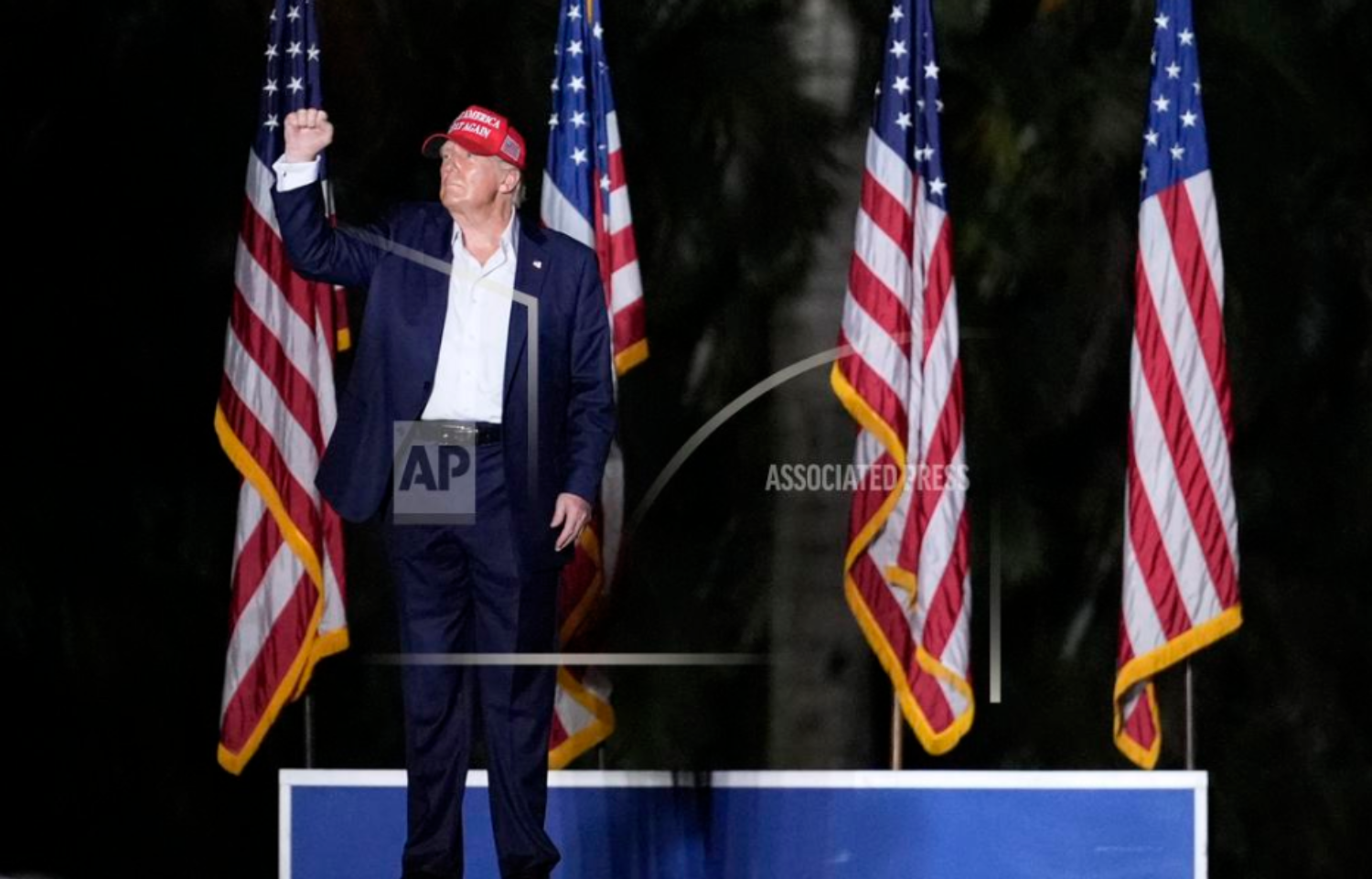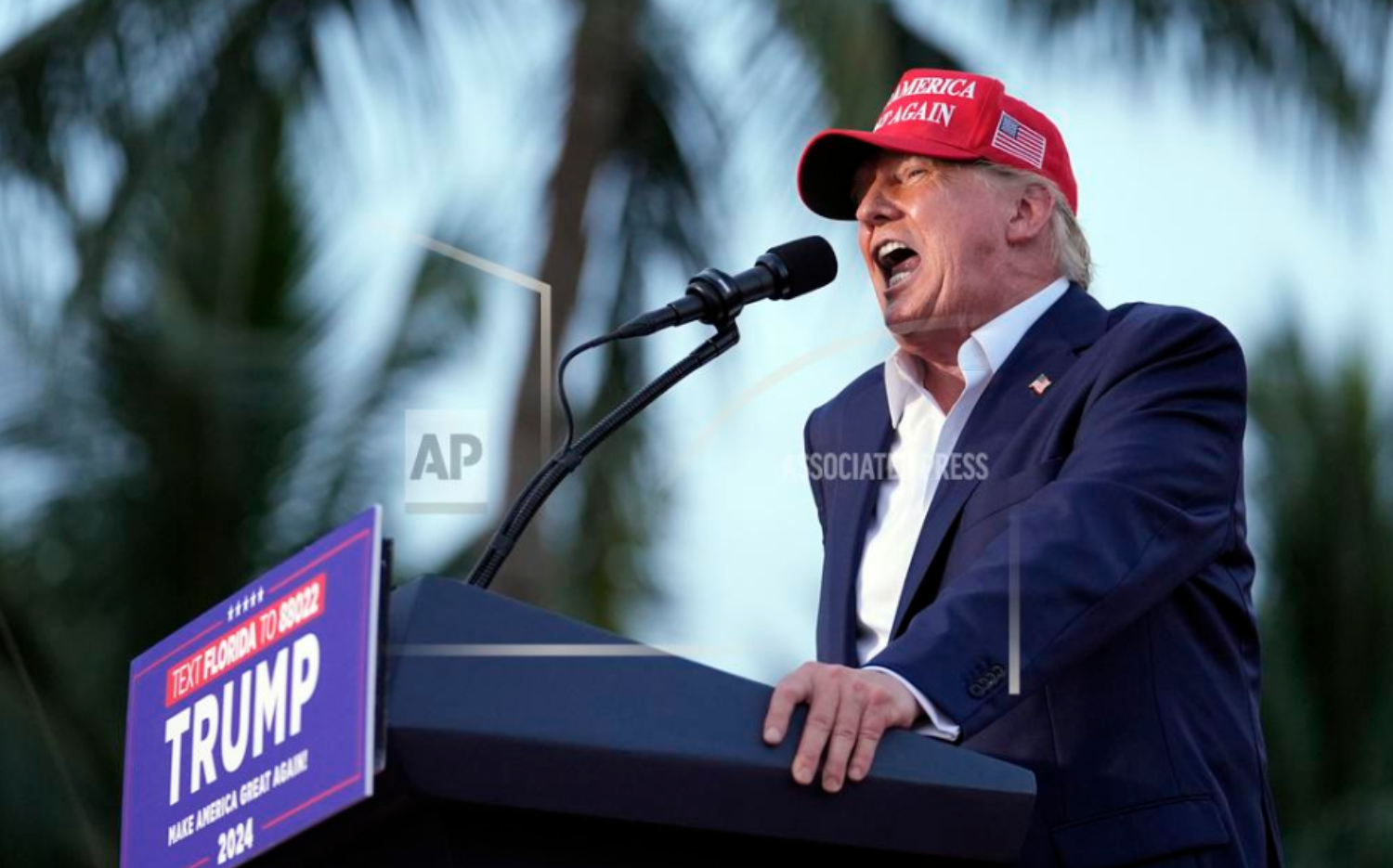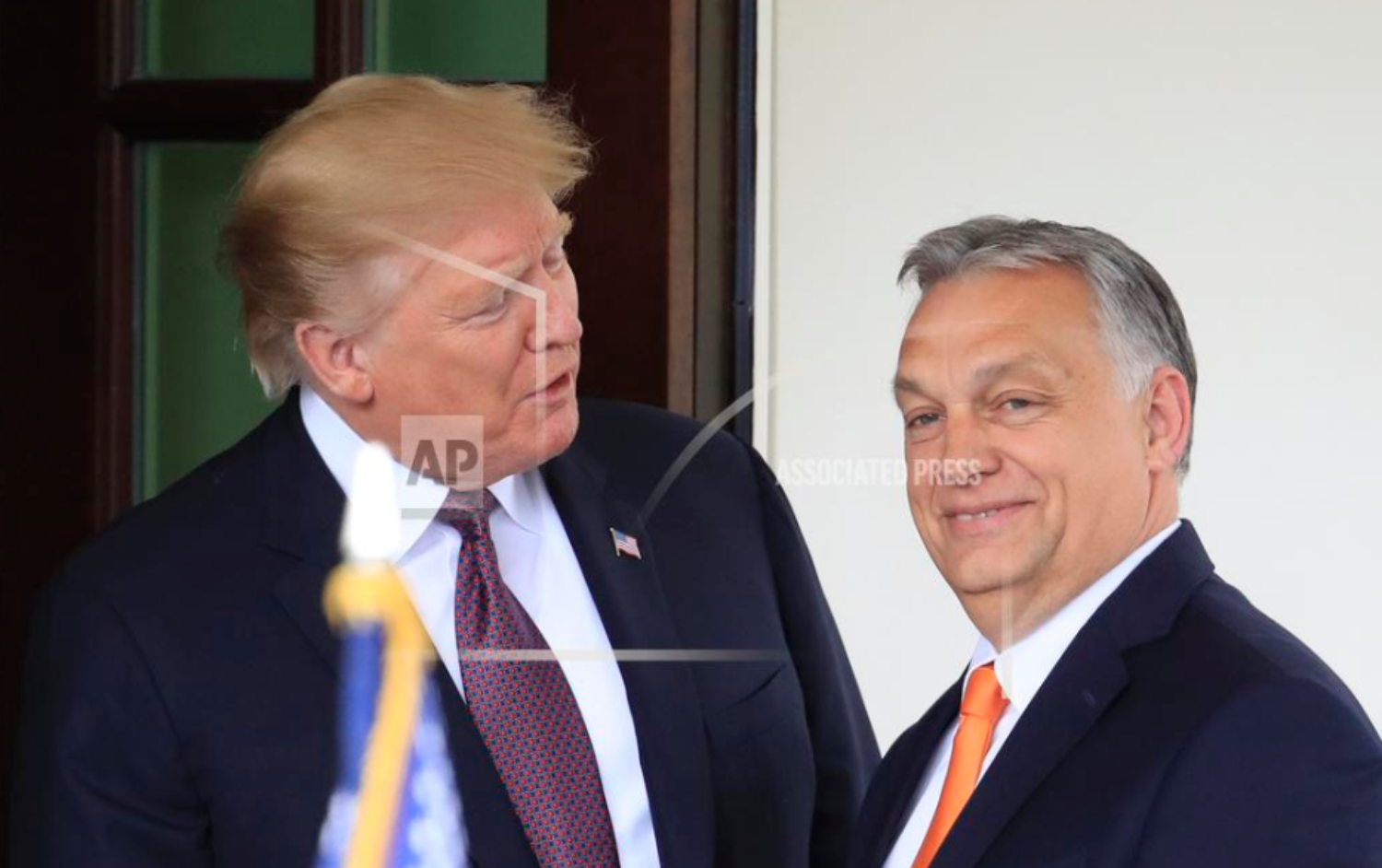-
Posts
10,090 -
Joined
-
Last visited
Content Type
Events
Forums
Downloads
Quizzes
Gallery
Blogs
Everything posted by Social Media
-
Public opinion in Russia today is remarkably reminiscent of the sentiments prevalent in the 19th century: the tsar can do no wrong. Problems and crises are often attributed to incompetent administrators or seen as unavoidable. In stark contrast to the serfs who were emancipated in 1861, the contemporary Russian population is literate and has access to a wide array of information sources, including books, periodicals, and the internet. Despite the state's tight grip on the media, inquisitive individuals can still access alternative perspectives. Nevertheless, the overarching belief remains unchanged: Vladimir Putin, like the tsars of old, is considered infallible. Criticisms from domestic dissidents and foreign observers are largely dismissed. These insights are drawn from surveys conducted by the Levada Center for Public Opinion, an institution established during Mikhail Gorbachev’s era of glasnost. Operating independently of government support since last year, the Center is now listed as a “foreign agent.” According to their June survey, 54% of respondents pay attention to events in Ukraine, while 46% do not. Interestingly, the demographic most likely to be conscripted—males aged 18 to 30—showed the least interest in the war. In contrast, 68% of Russians aged 55 and older reported closely following events in Ukraine. Television remains the primary news source for 60% of Russians, and these viewers display the most interest in Ukraine. Conversely, more than half of those who rely on other sources—such as social media, Telegram, or YouTube—pay little attention to the events there. When asked if they support Russia’s war, more than three-quarters of respondents—77% in June 2024—affirmed their support. Only 7% were definitively opposed, down from 11% in December 2022. This high level of support persists even among those facing economic hardships, such as difficulties in obtaining sufficient food or clothing. Support is highest among those who believe the government is moving in the right direction. Those who rely on television are more likely to support Putin and his war in Ukraine, suggesting they are buying into his narrative of an existential struggle for Russia’s culture and values against a hostile Western world. When asked about their feelings towards the military actions in Ukraine, 48% expressed pride in Russia—a 10-point increase from September. Meanwhile, 33% felt anxiety and fear, a proportion that has remained consistent throughout the conflict. Fourteen percent reported that the war causes anger or shame, down from 20% in September. Regarding whether Russia should continue fighting or negotiate, 37% wanted to continue the conflict, while 58% favored negotiations, up from a low of 45% in May 2023. Women and younger respondents leaned more towards negotiations. However, 41% believe Russia is more interested in negotiating, and twice as many think Ukraine wants talks. The survey did not specify the terms of negotiations or address the fact that Kyiv’s terms differ significantly from anything Putin has suggested. Respondents were not asked if they would insist on keeping Crimea and Donetsk. More than half of respondents believe events in Ukraine could lead to war with NATO, and three-quarters anticipate such a war would involve nuclear weapons. One-third think Russia would be justified in using its warheads, while half of respondents disagree. It is evident that the Kremlin’s disinformation and the bias of Russian media are influencing public opinion. When asked who is most responsible for the death and destruction in Ukraine, 65% blamed the US and NATO, up from 57% in 2022-2023. Only 6% placed the primary responsibility on Russia. There is, however, an age divide. Only 41% of younger Russians blame the West, compared to three-quarters of those aged 55 and older. The Levada Center’s methodology, similar to that developed by Gallup and other US pollsters, cannot entirely escape the limitations imposed by the autocratic society in which it operates and the effects that has on responses. Survey interviews were conducted in 1,627 homes across the Russian Federation. Credit: CEPA 2024-07-16 Get our Daily Newsletter - Click HERE to subscribe
-
The attempted assassination of former President Donald Trump has sent shockwaves through both political and financial arenas. The attack, which narrowly missed making Trump a martyr, has significantly impacted his media company, Trump Media and Technology Group. Shares of the company, trading under the ticker DJT, surged by 50% in pre-market trading, potentially increasing the company's valuation by nearly $3 billion. This leap in value underscores the intertwining of political events and market dynamics, particularly as the incident has seemingly boosted Trump's chances of winning the November presidential election. Since its debut on March 26, Trump Media and Technology Group has been characterized by volatile trading patterns. However, the recent attack has propelled traders to push the share price toward levels not seen since May. At one point on Monday, the shares were up by 71% in pre-market trading, reflecting a significant increase from Friday’s closing price of $30.89. By the time of publication, the shares maintained a 50% gain. If this trend continues when markets officially open, it could add approximately $3 billion to the company’s valuation. Given that Trump owns 60% of Trump Media, the value of his stake, which was about $3.8 billion on Friday, could increase by as much as $2 billion. Neil Wilson, the chief analyst at brokerage firm Finalto, explained that the share price surge is essentially a "bet on Trump." He pointed out that the widespread perception of the shooting having improved Trump’s odds of reclaiming the White House is driving this market reaction. Furthermore, the belief that more people will flock to Trump’s platform, should he be re-elected, is also fueling the stock’s rise. Trump Media's share price history has seen significant highs and lows, with a peak of over $79 when it started trading in New York on March 26, and a low of $22.84 on April 16, coinciding with the start of Trump’s criminal hush-money trial, in which he was found guilty. Bitcoin, the leading cryptocurrency, has also experienced a rally since the shooting incident. The price of Bitcoin rose above $63,000 on Monday, marking a 9% increase over the day. This rise follows a period of fluctuation, with Bitcoin dropping from over $70,000 in early June to below $54,000 in early July. Its record high was in March, when it reached $73,803. Rania Gule, a market analyst at XS.com, stated that the movement in Bitcoin’s price reflects a belief among some crypto investors that a re-elected Trump would support the digital asset market by pursuing less stringent regulatory policies, potentially fostering a more favorable environment for cryptocurrency investments. The attempted assassination has not only intensified political discourse but also significantly influenced market dynamics. As traders and investors react to the perceived implications of Trump’s potential return to power, the financial landscape is being reshaped. The surge in Trump Media’s shares and the rally in Bitcoin underscore the broader market reactions to the evolving political scenario and its potential impact on future regulatory and economic conditions. Credit: The Guardian 2024-07-16 Get our Daily Newsletter - Click HERE to subscribe
-
Quinn Schansman had big dreams of becoming the youngest-ever CEO of an American company. At 18, he had just completed his first year of an international business degree in Amsterdam, setting him on the path toward that ambitious goal. Tragically, his aspirations were cut short when Malaysia Airlines flight MH17 was downed, killing Quinn and 297 others. The plane was destroyed by a Soviet-era Buk surface-to-air missile launched from pro-Russian rebel-held territory in eastern Ukraine. The conflict that led to this incident has since escalated into a full-scale war following Russia's invasion of Ukraine in February 2022. On Wednesday, Quinn’s father, Thomas Schansman, will commemorate the 10th anniversary of the tragedy by reading out the names of all the victims at a monument near Schiphol Airport, from where MH17 departed on its ill-fated journey to Kuala Lumpur on July 17, 2014. While Thomas has come to terms with the loss of his son, he struggles with Russia’s staunch denials of responsibility for the missile attack. An international investigation concluded that the Buk missile system originated from the Russian 53rd Anti-Aircraft Missile Brigade and had been transported from a Russian military base near Kursk into Ukraine, before being returned after the attack. In 2022, a Dutch court convicted two Russians and a pro-Russian Ukrainian in absentia of murder for their roles in transporting the missile, sentencing them to life in prison. However, Russia refused to surrender them for trial, and they remain at large. Russia continues to deny any involvement. Further legal proceedings are underway at the European Court of Human Rights and the International Civil Aviation Organization Council to hold Russia accountable under international law. For Thomas Schansman, a legal ruling against Russia would be significant but not sufficient. “That does not provide closure. For me, closure is the acknowledgment by Russia that they delivered the Buk, the recognition that they must also take responsibility for it,” Schansman told The Associated Press. “I want to hear apologies. The simple ‘Sorry.’” The crash claimed the lives of citizens from 16 countries, including the Netherlands, Malaysia, Australia, Indonesia, the United Kingdom, Belgium, Germany, the Philippines, Canada, New Zealand, Vietnam, Israel, Italy, Romania, the United States, and South Africa. Australian Attorney General Mark Dreyfus, who will attend the commemoration in the Netherlands, paid tribute to the victims' families, noting that 38 of those killed "called Australia home." Dreyfus honored their bravery and perseverance, recognizing their efforts in seeking justice through successive legal proceedings. He emphasized the importance of remembering the victims and committing to holding those responsible accountable for this "despicable crime." Thomas Schansman has reached a point where he no longer seeks justice against those directly involved in firing the missile, as it will not bring his son back. His primary desire is for Russia to admit its role in the tragedy. “The fact that for all these years — right up to today — they continue to deny and to spread disinformation, that hurts,” he said. “That is irritating and it makes you at certain times a bitter person.” Former Dutch Prime Minister Mark Rutte, who was in office at the time of the disaster, described it as “perhaps the most drastic and emotional event of my entire premiership.” Rutte’s government coordinated a complex operation to repatriate the victims' remains to the Netherlands, a process marked by solemn convoys of hearses that transported coffins from a military airbase to a barracks for identification. The 10th anniversary ceremony will take place at the national MH17 memorial, a park near Schiphol Airport featuring 298 trees — one for each victim — and sunflowers, mirroring those that grew at the crash site. Despite the passage of time, Quinn’s memory endures. His sister Nerissa recently named her first daughter Frida Quinn Schansman Pouw, ensuring that his name lives on in their family. Credit: ABC News 2024-07-16 Get our Daily Newsletter - Click HERE to subscribe
-
Judge Aileen Cannon handed down her decision on Monday in a big win for the former president. The Florida judge overseeing Donald Trump's classified documents case dismissed the indictment against the former president Monday on the grounds that the appointment and funding of special counsel Jack Smith was illegal. The Justice Department, the special counsel's office and the Trump campaign did not immediately respond to requests for comment. This is a developing story. Credit: NBC News 2024-07-15 Get our Daily Newsletter - Click HERE to subscribe
-
In the immediate aftermath of the assassination attempt on Donald Trump during a campaign rally in Pennsylvania, social media became inundated with conspiracy theories, false claims, and unsupported assertions. The incident, which left Trump visibly injured, a spectator dead, and another injured, quickly turned into a hotbed for speculative discourse across various online platforms. The scarcity of concrete details following the shooting created a vacuum that conspiracy theorists, political operatives, and social media influencers were quick to fill. On platforms like X (formerly known as Twitter), posts about the incident gained significant traction almost immediately. The rapid dissemination of misinformation was evident as videos of the shooting circulated widely, amassing millions of views. The term "staged" swiftly became the second-highest trending topic on X, right after "Trump." Within an hour, numerous posts claiming that the shooting was staged were viewed millions of times, despite the lack of any supporting evidence. In reality, the incident was far from a fabrication: Trump had been visibly injured, and both a spectator and another individual had suffered injuries. Meta's Instagram and Threads also saw a proliferation of false narratives, though to a smaller audience. One of the most prominent unfounded claims was that the gunman was a “prominent Antifa activist” named Mark Violets. This misinformation rapidly became a top trending topic on X. However, law enforcement had not released any information about the shooter’s identity or background at that time. Such misidentifications are not uncommon in the aftermath of high-profile shootings. Anonymous social media accounts often exploit the information vacuum to disseminate posts that wrongly identify culprits, either for humor, to mislead the media, or to boost engagement and followers. In this instance, the false identification of the shooter was purportedly sourced from the Butler Police Department, accompanied by a photo of a man in sunglasses and a black hat, alleged to be a screenshot from a pre-attack YouTube video. This claim was entirely baseless. The misinformation was further amplified by verified accounts on X. One notable example was the account Wall Street Silver, which is known for spreading misinformation. The account, with 1.3 million followers, shared the false claim before eventually deleting it without explanation. The false narrative was also propagated by Russian propaganda accounts, as well as MAGA and Proud Boy channels on Telegram. The person falsely identified in these posts was actually Marco Violi, an Italian YouTuber who vlogs about soccer. The initial false identification originated from a joke posted by the X account @Moussolinho, which incorrectly pointed to Violi as the shooter, using a photo taken from another user’s account. This led to an online frenzy, with people flooding the account with accusations. The account owner, overwhelmed by the false allegations, made their account private and expressed frustration over the absurdity of the situation. Violi himself took to Instagram to deny the false claims, stating emphatically that he was in Rome, Italy, and had no connection to the incident. Violi wrote in Italian on his Instagram account, according to Meta's translation, "I STRONGLY DENY BEING INVOLVED IN THIS SITUATION. I WAS AWAKE IN THE MIDDLE OF THE NIGHT (2AM IN ITALY TO BE PRECISE) FROM THE MANY NOTIFICATIONS I RECEIVED ON INSTAGRAM AND ON X. I’M IN ITALY, I’M IN ROME AND I HAD NO IDEA WHAT HAPPENED." The spread of conspiracy theories was not limited to anonymous or lesser-known accounts. Established conspiracy theorist Alex Jones livestreamed to hundreds of thousands of viewers on X, attributing the incident to the "deep state." Similarly, X accounts associated with QAnon conspiracy theories garnered millions of views by naming high-profile Democrats and Republicans as potential collaborators with the CIA in orchestrating the incident. These claims were entirely devoid of evidence. The rapid spread of misinformation following the assassination attempt on Donald Trump highlights the challenges of moderating content on social media platforms during major political events. With platforms stepping back from active moderation, the digital space remains susceptible to the rapid spread of false information, leaving the public to navigate a minefield of unfounded claims and speculative narratives. Credit: NBC News 2024-07-15 Get our Daily Newsletter - Click HERE to subscribe
-
In the early hours of July 5, the political landscape of Leicester South was shaken when Shockat Adam, an independent candidate, emerged victorious, defeating Labour’s Jonathan Ashworth, the shadow paymaster general, by a narrow margin of 979 votes. As the results were announced, Adam, a charismatic optician, held a keffiyeh aloft, echoing the words of George Galloway from the Rochdale by-election: “This is for Gaza!” This victory was one of several independents, including Jeremy Corbyn, who won against Labour candidates, capitalizing on claims against Sir Keir Starmer’s alleged complicity in what Adam described as a genocide in Gaza. The campaign trail leading to Adam's election was fraught with controversy, raising questions about whether the law was broken. A detailed investigation reveals that Adam might have benefited, knowingly or not, from his radicalized brother and a partisan website. The police are now investigating potential breaches of electoral law in Leicester South. Shockat Adam Patel, born in 1972 in Leicester, studied optometry at the University of Manchester and later became the director of Sask Optics. His brother, Ismail, became a prominent advocate for Palestinian rights after a trip to Jerusalem in the 1990s, founding Friends of Al-Aqsa. This organization, named after the sacred site in Jerusalem, has been vocal about Palestinian issues, particularly in response to the October 7 atrocities, claiming Hamas was reacting to Israel’s ongoing illegal occupation. Ismail's activism extended to supporting Hamas, which he publicly defended, even as it was proscribed as a terrorist organization by the US and the EU. Despite this, Ismail stated that he did not show support for any proscribed organization or military wing of Hamas. His involvement with the Gaza Freedom Flotilla in 2010, which ended in a deadly raid by IDF soldiers, further cemented his position in the pro-Palestinian movement. Adam’s political activism gained momentum in 2018 when he became chair of Leicester’s branch of Muslim Engagement and Development (MEND), an organization accused of radicalism. Despite these allegations, Adam denied any extremist affiliations. His political journey saw him campaign for Claudia Webbe in 2019, who later faced expulsion from Labour due to harassment charges. Corbyn’s resignation in 2020 prompted Adam to move away from mainstream politics, a shift accelerated by the October 7 attacks and Starmer’s statements on Israel's right to defend itself, which went viral within Leicester’s Muslim community. Adam’s speech at a pro-Palestine march in Leicester, where he criticized leading political figures and declared a break from traditional parties, marked a pivotal moment. His campaign gained support from YouElect, a non-profit organization promoting voter registration, which endorsed Adam as their "top-rated candidate." However, YouElect’s connection to Ismail and its partisan backing raised concerns about the legitimacy of this support. During the campaign, Ashworth faced significant hostility, including accusations of supporting genocide in Gaza. His opponents used inflammatory tactics, distributing leaflets with provocative messages and intimidating voters. Ashworth himself reported incidents of intimidation and confrontations, including being followed and questioned aggressively by local agitator Majid Freeman, who was later arrested on unrelated terrorism charges. The legality of the campaign tactics used remains under scrutiny. The Representation of the People Act 1983 stipulates that election materials must clearly indicate who paid for them and the candidate they support. Many of the leaflets distributed in Leicester South failed to meet these requirements, prompting an ongoing police investigation to determine if criminal offences were committed. As the new MP for Leicester South, Adam has promised to focus on delivering for his constituents despite the controversies surrounding his campaign. He maintains that the accusations against him are unfounded and attributes his victory to the widespread dissatisfaction with the mainstream parties' stance on Gaza. The fallout from this election has left the new government grappling with how to address the level of intimidation witnessed in this and other races. Jess Phillips and Rushanara Ali, among other MPs, have spoken about the threats and hostility they faced, prompting calls for an investigation into the integrity of the election process. Adam, however, remains resolute, signaling a shift in the political dynamics of Leicester South and potentially setting a precedent for future independent campaigns. Credit: Sunday Times 2024-07-15 Get our Daily Newsletter - Click HERE to subscribe
-
Brittney Griner's memoir, "Coming Home," opens with a series of text messages that read like a suspenseful short story. “Hey baby I got stopped by security at customs.” “If you don’t hear from me for like one hour or more get my agent on the phone.” “Wake up plz.” “Baby text me plz I’m freaking out.” “Baby.” “Hello.” “This is it for me.” These chilling messages mark the beginning of a harrowing journey for Griner, one of the world's top basketball players, who found herself trapped in Russia's draconian penal system for nine months. On February 17, 2022, Griner was at a Moscow airport, heading to join UMMC Ekaterinburg, the team she played for during the WNBA off-season. Back home in Arizona, it was 2 a.m., and her wife, Relle, was asleep. Security personnel found two near-empty vials of medicinal cannabis oil in Griner’s bag. Her phone and passport were confiscated, and she was coerced into signing a document written in a language she couldn’t understand. After 19 hours in customs, she was led away in handcuffs. “The future,” she writes in her memoir, “was unimaginable.” Just days after her detention, Russia invaded Ukraine, turning Griner's status as an American double Olympic champion into a political pawn. Her detention became a significant plot point in the escalating geopolitical tensions. While her family, friends, and fellow athletes lobbied the White House for her release, celebrities like Justin Bieber and Jada Pinkett Smith joined the #WeAreBG campaign to keep public pressure on the government. It took nine agonizing months before she was finally brought home through a prisoner exchange. In "Coming Home," Griner reveals the grim reality of her imprisonment, presenting a biography that could easily be classified as a horror story. The details of her ordeal are harrowing, but it is the complete loss of power and autonomy that is most disturbing. Griner was thrust into a draconian and corrupt penal system where her fate hinged on the whims of Vladimir Putin. The squalor and humiliations she endured were relentless. From rusty-brown showers to invasive strip-searches by guards who questioned her gender, Griner faced a constant barrage of dehumanizing experiences. In one particularly grim basement cell, she describes the walls as being covered in “black soot and piss, or whatever bodily fluid I smelled.” The narrative builds incredible suspense, despite the well-known outcome of her release. From the initial, avoidable mistake of hurriedly packing her travel items to the unforeseen consequences of missing her plane from JFK, Griner's tale is one of tragic "ifs." She recounts the customs hall scenario where the 6-foot-9 black athlete was singled out among other foreigners. A forgotten vape cartridge in her bag led to charges of smuggling and possession, setting off the chain of events that would change her life. Denied bail, Griner was moved through various prisons, each with its own set of challenges. At a women's prison outside Moscow, she relied heavily on Alena, an English-speaking cellmate, to help her understand and cope with the prison’s rules and routines. The squalid conditions and degrading treatment she faced were unrelenting. Strip-searches became routine, and the guards’ disbelief in her gender added another layer of humiliation to her plight. After the shock of her sentencing – Griner received nine years, nearly the maximum penalty – she was transported to a former gulag. The train journey took over a week, during which she lay inside a cage, on a metal bunk far too small for her frame. She mourned the loss of one of her few possessions, a sudoku book that she had kept with her since her arrest. Relle had already completed one of the puzzles and signed her name next to it. “When I felt down I turned to that page and rubbed her signature on my cheek.” Griner’s co-writer, Michelle Burford, a founding editor of O, The Oprah Magazine, weaves the high-stakes drama of the narrative with empathetic glimpses of Griner’s upbringing. Growing up black and extremely tall, Griner attracted plenty of unwelcome attention, while her parents worried there was something medically wrong with her. When she came out, her father, Ray, who had fought in the Vietnam War before becoming a policeman, yelled at her: “I ain’t raising no gay bitch!” and she left home. Yet, despite this, their ongoing love for each other is palpable, and the toughness he instilled in her helped her survive in prison. We learn, too, about the tireless efforts of Relle, a lawyer, and Griner’s agent, Lindsay Kagawa Colas, who worked relentlessly to secure her release. “A freedom campaign has a question at its heart,” writes Griner: “‘Who deserves our sympathy?’” It is, perhaps, the book’s most powerful and poignant question. Griner’s story ends not with her return to the WNBA, but with a list of Americans still held hostage around the world, including former Marine Paul Whelan and Wall Street Journal reporter Evan Gershkovich in Russia. This ending serves as a sobering reminder of the ongoing struggles faced by others in similar predicaments. "Coming Home" is a testament to Brittney Griner's resilience and a stark reminder of the potential pitfalls when autocrats invest in sport. Her account is a gripping and essential read, offering insights into the complexities of international sports, politics, and human rights. Credit: The Guardian 2024-07-15 Get our Daily Newsletter - Click HERE to subscribe
-
The Kremlin issued a statement addressing the recent assassination attempt on U.S. presidential candidate Donald Trump during a rally in Pennsylvania. Although Russia does not believe the U.S. administration orchestrated the attack, it accuses the Biden administration of creating an environment that incited such violence. Trump was shot in the ear during the rally, and the incident is being investigated as an assassination attempt. The attacker was killed, and law enforcement officials have yet to determine a motive. Kremlin spokesman Dmitry Peskov clarified Russia's stance, stating, "We do not believe that the attempt to eliminate and assassinate Trump was organized by the current authorities." However, he added, "But the atmosphere around candidate Trump...provoked what America is confronting today." This sentiment echoes the accusations from some of Trump's Republican allies, who also blame President Biden for the attack. President Biden condemned the attack, stating there is no place for such violence in America. Peskov also condemned violence in the political arena, aligning with Russia's official stance. "After numerous attempts to remove candidate Trump from the political arena - using first legal tools, the courts, prosecutors, attempts to politically discredit and compromise the candidate - it was obvious to all outside observers that his life was in danger," Peskov remarked. Despite the gravity of the situation, he noted there were no plans for President Vladimir Putin to call Trump. The assassination attempt has elicited reactions from world leaders, including Ukrainian President Volodymyr Zelenskiy, who condemned the attack, denounced political violence, and wished Trump a speedy recovery. In the wake of the shooting, Russia's foreign ministry seized the opportunity to criticize U.S. policies, urging Washington to halt funding for Ukraine's military and instead focus on improving domestic law enforcement. Foreign ministry spokeswoman Maria Zakharova commented on Telegram, responding to independent presidential candidate Robert Kennedy Jr.'s remarks following the shooting. She wrote, "Dear Bobby and all those who vote in the United States to supply Zelenskiy with arms, wouldn't it be better for this money to finance the American police and other services that are supposed to ensure law and order within the United States?" This statement highlights the ongoing tension between Russia and the West, exacerbated by Moscow's invasion of Ukraine in 2022, which has plunged relations to their lowest point since the Cold War. When asked about the potential impact of the Trump attack on the legitimacy of the upcoming U.S. election, Peskov responded, "It is not for us to judge. We have not the slightest desire to interfere. This is a U.S. matter." This careful phrasing underscores Russia's intention to distance itself from any direct involvement while still commenting on the broader implications of the attack on the political climate in the United States. Credit: Reuters 2024-07-15 Get our Daily Newsletter - Click HERE to subscribe
-
The assassination attempt on former President Donald Trump during a campaign rally in Pennsylvania has sent shockwaves through the political landscape, leaving President Biden with a series of critical decisions to make. In the immediate aftermath, Biden’s response was swift and measured: he reached out to Trump, suspended his political ads, and returned to the White House. This decisive action was designed to project a sense of presidential leadership and to reduce the political tension that has gripped the nation. The moment offers Biden a unique opportunity to reinvigorate his presidency and address criticisms from within his own party about his effectiveness. Prior to the shocking event, Biden's advisers were in agreement that the president needed to confront Trump head-on in his re-election campaign. However, this strategy now faces a significant complication. It is challenging to politically attack someone who has just narrowly escaped an assassination attempt. Biden now finds himself in a delicate balancing act: he must continue to highlight the threat he believes Trump poses to democracy, while also recognizing the gravity of the recent attempt on Trump’s life. After the attack, Biden chose a cautious approach. He connected with Trump and then returned to the White House past midnight. His campaign has not confirmed whether he will proceed with planned campaign stops in Austin and Las Vegas later in the week. Biden's initial inclination, as reported by his advisers, was to gather more information before making any public statements. When he did address the nation, he made an effort to reach out to Trump on a personal level, referring to him as "Donald." He condemned the violence, stating, "There's no place in America for this kind of violence." He reiterated this point by saying, "It's sick," and emphasized the need for national unity, adding, "It's one of the reasons we have to unite this country." Throughout his presidency, Biden has made combating political extremism a central theme of his campaign. He has frequently cited Trump's response to far-right extremism in Charlottesville, Virginia, as a pivotal moment that drove him to run for president. Biden’s fundamental argument against Trump is deeply personal: he contends that Trump is morally unfit for the presidency, often referring to him as a "convicted felon." However, the attempt on Trump’s life has made this argument more complex and sensitive. The incident has undoubtedly altered the dynamics of the 2024 campaign in ways that Biden's advisers are still trying to fully understand. Republicans believe that the assassination attempt, combined with Trump’s defiant response, will ultimately play to Trump’s advantage. Conversely, Democrats are adopting a more cautious, wait-and-see approach, avoiding premature conclusions about the political ramifications of the event. The shooting has introduced a new layer of complexity to Biden's campaign strategy. His immediate actions to reach out to Trump and halt political ads were clear attempts to demonstrate leadership and empathy. However, how he restarts his campaign and addresses the electorate in the coming weeks will require careful navigation. Biden must strike a balance between condemning political violence and continuing to present his case against Trump’s return to power. As Biden moves forward, his campaign will need to craft a message that acknowledges the seriousness of the assassination attempt while also addressing the broader issues of political extremism and threats to democracy. The incident has shifted the campaign landscape significantly, and Biden's response in the days and weeks to come will be crucial in shaping both the narrative and his prospects for the 2024 election. The stakes are high, and the president’s ability to handle this delicate situation could define his re-election bid and influence the future direction of American politics. Credit: AXIOS 2024-07-15 Get our Daily Newsletter - Click HERE to subscribe
-
Meta has announced its decision to roll back the heightened restrictions on former President Donald Trump’s social media accounts, aiming to allow greater political expression as the campaign season heats up. This move comes as the Republican presidential contender gears up for the upcoming party conventions and the subsequent race for the presidency. The decision marks a significant shift in Meta’s handling of Trump’s accounts, which have been subject to rigorous consequences for any violations of the company’s content rules. These rules, which prohibit hate speech, incitement to violence, and voter suppression, were implemented following Trump’s two-year suspension from Facebook and Instagram. Nick Clegg, Meta's President of Global Affairs, emphasized the company's responsibility to permit political expression, especially in the context of a heated election cycle. “With the party conventions taking place shortly, including the Republican convention next week, the candidates for President of the United States will soon be formally nominated,” Clegg stated. “In assessing our responsibility to allow political expression, we believe that the American people should be able to hear from the nominees for President on the same basis.” The heightened penalties on Trump’s accounts were first imposed in 2023 after Meta lifted the initial two-year ban. Trump’s accounts were suspended on January 7, 2021, following his comments that were perceived as encouraging the rioters who stormed the Capitol, resulting in multiple deaths. The suspension was extended for two years and was only lifted last year. Upon reinstatement, Meta stipulated that any new violations by Trump or other reinstated leaders would result in harsher penalties, such as a one-month posting restriction or, in severe cases, another two-year suspension. Meta also outlined additional measures for handling posts from politicians that, while not directly violating content rules, might still pose risks. These measures included limiting the distribution of such posts, restricting access to advertising tools, removing the reshare button, or preventing the posts from being recommended. Despite these stringent rules, Meta has not imposed any further punishments on Trump’s accounts since their reinstatement. Both President Joe Biden and Trump remain subject to Meta’s policies against hate speech and incitement to violence. Trump, however, has been less active on mainstream social media platforms like Twitter, Facebook, and YouTube during this election cycle, opting instead to use his own social network, Truth Social, for his most controversial statements. Nevertheless, he continues to post videos of his rallies and criticisms of President Biden on Facebook and Instagram. This decision by Meta is likely to intensify the scrutiny the company faces as it navigates the delicate balance between showcasing important political speech and mitigating dangerous rhetoric online. Historically, Meta has been reluctant to police politicians' speech, preferring a more hands-off approach that allows controversial statements to remain on its platforms. However, this approach has often led to criticism from various quarters, questioning the company's role in managing political discourse and its implications for public safety and democratic processes. As the election season progresses, Meta’s policies and their enforcement will undoubtedly continue to be a focal point of public and political debate. The company's actions will be closely monitored, with stakeholders keen to see how it manages the complex intersection of free speech, political expression, and the imperative to curb harmful content. Credit: Washington Post 2024-07-15 Get our Daily Newsletter - Click HERE to subscribe
-
In a powerful piece for The Guardian, Prime Minister Sir Keir Starmer has sharply criticized the preceding Conservative government, accusing them of leaving a "mountain of mess" akin to the chaos of a "Downing Street party." Starmer's article lays bare his frustration with the state of the nation left by his predecessors and underscores his resolve to address the damage they caused. Starmer's rhetoric was strong and clear. He wrote, "Like a Downing Street party, they've left a mountain of mess for this government to clean up. Arrogant, reckless, and irresponsible to the very end, they'll go down in history as the government that fiddled while the country burned. They partied and profited out of the pandemic." His words reflect a deep-seated anger at the previous administration's handling of the country's affairs, particularly during the pandemic, where he accuses them of prioritizing their own interests over the welfare of the public. "They scrambled to advance their own interests while millions of people were pushed into greater insecurity. And they rewarded the people who helped crash the economy with seats in the House of Lords." The Labour leader did not stop at condemnation. He assured the public that under his leadership, such chaos and self-serving behavior would not be tolerated. "Under my watch, the chaos and self-service that became commonplace under the Conservatives will never happen again. I have already started making those tough decisions necessary to clean up the mess and get us back on track. That won't happen overnight." He emphasized the necessity of "serious government" as opposed to the previous administration's "headline-grabbing gimmicks," pledging a long-term commitment to improving people's lives. Detailing the actions taken by his government in its first week, Sir Keir highlighted significant steps such as lifting the ban on onshore wind, meeting with NHS bosses to increase appointment availability, restarting teacher recruitment schemes, implementing emergency measures to address issues in the justice system, and scrapping the controversial Rwanda scheme. These initiatives, he suggested, are indicative of his administration's dedication to making substantive, positive changes. Starmer also emphasized his engagement with leaders across the UK, including metro mayors and the leaders of the devolved nations. He reiterated his belief in the importance of decentralizing power from Westminster to local leaders, stating, "Decisions are best made by people with skin in the game, which is why I will get power out of Westminster and put it in the hands of local leaders. We're empowering them to deliver for their local community on everything from transport to housing." Despite the early efforts of his administration, the new government has faced some criticism, notably from a local MP who opposed the approval of solar farms in various parts of the country. Addressing this criticism, Sir Keir emphasized his commitment to actions over words, stating, "I know you won't judge us by our words, but by what we do now we're on the pitch. So we will fight every day until you believe again." In his conclusion, Sir Keir reflected on the past 14 years of damage while expressing hope for the future. "After 14 years of damage, the sunlight of hope is growing brighter. It's not just football that's coming home." His words convey a message of optimism and determination, signaling a new era of governance focused on rebuilding and improving the lives of the British people. Credit: Sky News 2024-07-15 Get our Daily Newsletter - Click HERE to subscribe
-
In the aftermath of the recent assassination attempt on Donald Trump, some left-wing social media users have come under fire for their tasteless and celebratory reactions. The shocking attack, which occurred at the Butler Farm Show grounds, narrowly missed Trump but resulted in the death of one attendee and critical injuries to two others. Among the numerous reactions online, a disturbing number of posts expressed disappointment that the shooter missed and lamented that the day fell short of being "the best day ever." A TikTok user, identified as @cele2t3, posted a video shortly after the attack, expressing disbelief and frustration that the shooter missed. “You’re telling me somebody finally had the balls to bring a ‘pew-pew,’ and they missed?” the user exclaimed, adding, “We were a second away, we were a centimeter away from half of the problem being gone and you missed!” The poster, who appeared to be driving while recording, further speculated about the identity of the shooter, implying racial motivations behind the failure. Kyle Rittenhouse, known for his controversial involvement in the 2020 Kenosha shooting, responded to the video, suggesting that the FBI should investigate the person behind the post. This call for investigation was echoed by many who found the reaction deeply inappropriate and alarming. Libs of TikTok, a popular conservative social media account, shared a compilation of other TikTok users who were celebrating or joking about the shooting. One video showed a person holding a candle and sarcastically attempting to summon the spirit of John Wilkes Booth, who assassinated President Abraham Lincoln in 1865. The person mockingly called upon Booth, before trailing off and laughing. Another video criticized the shooter’s accuracy, lamenting, “We’re not even sending our best to f–ing assassinate,” and comparing the shooter unfavorably to notorious assassins Lee Harvey Oswald and John Wilkes Booth. One TikTok user with the handle @yourfavorites7880 expressed disbelief, asking, “How the f–k did you shoot and miss?” and criticizing the shooter for not practicing beforehand. In a particularly morbid display, one TikTok user shared a selfie video, sitting on a couch with news playing in the background, stating, “Today was, like, this close to being the best day ever.” Some reactions extended beyond social media, with individuals taking to the streets to express their sentiments. Near Butler Memorial Hospital, where Trump was examined after the incident, a woman held a makeshift cardboard sign that read, “Wishing Trump a long terrible recovery!” The assassination attempt also provided fodder for some to poke fun at President Joe Biden, who has faced increasing scrutiny over his mental fitness. One post on X (formerly Twitter) shared a photo of Biden with his mouth agape, captioned, "Someone shot my vice president???” This was a jab at a recent gaffe where Biden mistakenly referred to Vice President Kamala Harris as "Vice President Trump." President Biden condemned the attack, stating unequivocally that there is no place for such violence in America. Despite the gravity of the situation, some on social media continued to use the incident to further their political agendas, demonstrating a troubling disregard for the seriousness of political violence and its potential consequences. The incident has sparked a broader discussion about the role of social media in amplifying extreme and harmful rhetoric. As platforms continue to grapple with content moderation, the reactions to the Trump shooting highlight the challenges in balancing free speech with the need to prevent incitement and celebrate violence. The backlash against those who celebrated the attack underscores a societal consensus that such reactions are not only inappropriate but dangerous, contributing to an already volatile political climate. Credit: NYP 2024-07-15 Get our Daily Newsletter - Click HERE to subscribe
-
Five years ago, Kalih Raksasewu was getting his car tuned when his mechanic shared a curious tidbit: he had stumbled upon a tiger near his home. The startled creature had jumped a fence and vanished, the man said. Strange encounter, thought Raksasewu, not least because the men live on Indonesia’s most populous island, Java, and especially because Javan tigers have long been believed extinct. The last confirmed sighting dates back nearly half a century, to 1976. Raksasewu took out his phone and showed the mechanic images of leopards, which can sometimes be confused for tigers. "No sir," came the reply. "The cat had stripes." Raksasewu found himself getting excited. A researcher involved in local conservation work, he had grown up hearing tales of the giant felines, including from his mother, who once saw one while driving. “In my heart, I’ve always been greatly interested in this creature, and I was very sad when it was declared extinct,” he said. He raced off with the mechanic, the auto-shop boss, and a few hangers-on to search for traces of the big cat. They tramped through the area of the alleged sighting, near plantations and fragmented forest landscapes where wild pigs and other potential tiger prey abound. Then they saw it: a single strand of hair that lay on the low wooden fence the animal had allegedly jumped. “I had this hope that the tiger had a hair snagged when he leapt,” said Raksasewu. “It turned out to be true.” In the beginning, guesses as to the provenance of the hair were wildly varied: a local plant or a cat of the regular, purring kind rather than the mighty, roaring kind—both of which, while anticlimactic, seemed more plausible. Years went by as the lone strand made an improbable journey through myriad government offices and laboratories, peered at by a parade of locals, bureaucrats, and scientists. Two weeks ago, DNA analysis suggested a match: Javan tiger. In an article in Oryx, a peer-reviewed journal published by Cambridge University Press, researchers said they compared DNA from the lone hair with that of its nearest living relative, Sumatran tigers—close but no cigar. Same for the DNA of a Javan leopard. The best match: the DNA of a Javan tiger from the 1930s preserved at an Indonesian museum. “In Indonesia, if you talk about the king of the jungle, you’re talking about the tiger,” said Wirdateti, a government researcher trained in genetic analysis who co-authored the paper with Raksasewu and two others. If the results are confirmed by further testing, it would be one of the most dramatic examples of what some in the conservation community refer to as “Lazarus” creatures—animals declared extinct that somehow survived. While the study has caused buzz, it is also attracting a good deal of skepticism. Anubhab Khan, a postdoctoral researcher at the University of Copenhagen who is an expert on the tiger genome, cast doubt. Khan said the genome of big cats is hugely complex, with distinctive features that affect what happens when big-cat DNA is sequenced for study. In this case, while the Indonesian researchers thought they were comparing what is known as mitochondrial DNA, they were in fact comparing a different type of DNA, Khan said. That muddied the analysis, he said. Khan said there may be a way to study the DNA further, but it would be challenging because there’s just one putative tiger hair to work with. As things now stand, Khan said, he’s fairly confident the hair comes from a big cat, but can’t go any further. “It’s just inconclusive.” He plans to publish his response in an academic journal. Indonesia’s environment ministry has said it plans to use camera traps and commission further genetic study. It cited the deepwater charr, which was believed to have perished from a large European lake decades ago but started turning up in fishing nets again in the 2010s. Tigers, however, are a different kettle of fish. “It is quite something,” Wulan Pusparini, an Indonesian ecologist pursuing a doctorate at Oxford University, said of the study. “I am quite skeptical about the possibility of a large cat hidden from public view for nearly five decades.” The giant predators were once so numerous in Java that entire villages would be evacuated after tiger attacks, which killed hundreds of people a year for much of the 19th century as coffee and sugar cane plantations expanded into the tigers’ forest home. Locals referred to bad years as “tiger plagues” and fortified their villages against attack. The British naturalist Alfred Wallace visited Java in the 1860s and recounted how a tiger dragged a boy from a cart. Some 700 villagers armed with spears systematically hunted down the cat, whose teeth were worn as charms. Today Java has long since lost its whiff of wildness. It is one of the most densely populated places on the planet, with more than 150 million people squished into an area slightly larger than Pennsylvania, leaving little room for tigers to roam undiscovered. Although residents claim to spot “tigers” occasionally, in many cases the cats turn out to be leopards. The Javan tiger was thought to be confined to folklore, used as a character in shadow puppet theater, and as an emblem for the armed forces. Wirdateti, who goes by one name, said she remained confident that the hair was from a Javan tiger and plans more research to buttress the team’s findings. She noted that other locals had also reported seeing what they said was a tiger. Ripi Yanur Fajar, the mechanic who claimed the initial sighting in 2019, said in an interview that he was confident of what he saw as he was riding his motorbike late at night. “The tiger was right there in front of me,” Fajar said. “It looked like they do in the zoo.” The discovery of a single hair has reignited hopes and dreams that the majestic Javan tiger may still roam the island. Yet, this revelation has also sparked a wave of scientific scrutiny and skepticism. As researchers continue to analyze and debate the findings, the world watches with bated breath, hoping that one of nature’s most magnificent creatures has defied the odds and survived the test of time. Credit: WSJ 2024-07-15 Get our Daily Newsletter - Click HERE to subscribe
-

Trump rushed off stage after possible assassination attempt
Social Media replied to DPat's topic in World News
https://x.com/sentdefender/status/1812293966659744074 -

Thailand is 'shocked' by Kyiv hospital attack
Social Media replied to webfact's topic in Thailand News
Off topic inflamatory troll post removed @NativeBob -
Nearly three years after the tragic death of cinematographer Halyna Hutchins on the set of the Western film "Rust" in New Mexico, the involuntary manslaughter case against its star, Alec Baldwin, has been dismissed. Judge Mary Marlowe Sommer ruled that the case could not be filed again, following a motion by Baldwin's defense team accusing the prosecution of concealing ammunition evidence. The courtroom saw an extraordinary day as the special prosecutor took the unusual step of calling herself as a witness. The dramatic turn of events culminated in Baldwin breaking down in tears and hugging his lawyers as Judge Marlowe Sommer dismissed the case, citing misconduct by police and prosecutors. Baldwin, 66, had consistently denied the charge of involuntary manslaughter over the fatal shooting, maintaining that he did not pull the gun's trigger and that others on set were responsible for the weapon's safety checks. If convicted, he could have faced up to 18 months in prison. The prosecution had argued that Baldwin behaved recklessly during a scene rehearsal on the set near Santa Fe, New Mexico, accusing him of playing "make believe with a real gun" and violating "the cardinal rules of firearm safety." However, Baldwin's defense team countered these claims, arguing that he was merely "an actor, acting" and had committed no crime. With the case now dismissed, Judge Marlowe Sommer has stated it cannot be filed again. Baldwin's wife, Hilaria, who had been supporting him in court alongside his actor brother Stephen, also cried as the judge delivered her ruling. Baldwin left the courthouse immediately, without speaking to reporters. Judge Marlowe Sommer explained, "The late discovery of this evidence during trial has impeded the effective use of evidence in such a way that it has impacted the fundamental fairness of the proceedings." The case's collapse began after the second day of evidence presentation, when Baldwin's defense team learned that the Santa Fe sheriff's office had taken possession of live rounds as potential evidence earlier this year, coinciding with the conviction of the film's armorer, Hannah Gutierrez, for involuntary manslaughter in connection with Hutchins' death. These live rounds were not listed in the Rust investigation file or disclosed to defense lawyers. Prosecutors argued that the ammunition was not connected to the case and was not hidden. In response, Baldwin's legal team filed a request to dismiss the case overnight. The court heard arguments on the motion from both parties without jurors present. Judge Marlowe Sommer decided she needed more evidence and testimony from additional witnesses to make a decision on the motion. She called the jury in only to dismiss them immediately afterward. The court heard testimony from witnesses, including prop store owner Seth Kenney, who supplied blanks and dummy rounds to the "Rust" set. Kenney denied providing live ammunition to the production and has not been charged in the case. Corporal Alexandria Hancock and Lieutenant Ryan Randall from the Santa Fe County Sheriff's Office also testified. Amid repeated suggestions from defense lawyer Alex Spiro that evidence had been concealed, special prosecutor Kari Morrissey took the witness stand in an unusual move, despite the judge indicating she was not required to do so. Morrissey denied that evidence had been hidden and maintained it was not relevant. However, Judge Marlowe Sommer found the conduct of the police and prosecutors "highly prejudicial" to Baldwin, stating, "There is no way for the court to right this wrong." During questioning, Spiro asked Morrissey if she simply did not "like Mr. Baldwin very much." Morrissey responded, "That is absolutely untrue. I actually really appreciate Mr. Baldwin's movies. I really appreciated the acting that he did on Saturday Night Live, and I really appreciate his politics." Spiro then claimed that Morrissey had referred to Baldwin as a "c*********" and an "arrogant p****" to witnesses, which Morrissey said she did not recall. Following the judge's ruling, Gutierrez's lawyer, Jason Bowles, commented that the judge had done "the right thing to preserve the integrity of our system." Gutierrez, who was sentenced to 18 months in prison, is currently appealing her conviction. Bowles indicated they would be filing a "similar motion" in her case. Credit: Sky News 2024-07-13 Get our Daily Newsletter - Click HERE to subscribe
-
Robert F. Kennedy Jr., has privately apologized to Eliza Cooney, a woman who has accused him of sexual assault. Despite stating that he does not recall the alleged incident, Kennedy expressed regret for any harm he might have caused, which he characterized as "inadvertent." This apology follows Cooney's detailed account of inappropriate behavior by Kennedy, which was published in Vanity Fair. Cooney's allegations include an incident in which Kennedy allegedly groped her in a pantry while she worked as his family's weekend nanny in the late 1990s. At the time of the alleged incident, Cooney was 23 years old, and Kennedy was 45, married, and the father of five children. "I have no memory of this incident but I apologize sincerely for anything I ever did that made you feel uncomfortable or anything I did or said that offended you or hurt your feelings," Kennedy wrote in a text message sent to Cooney at 12:33 a.m. on July 4, two days after her accusations became public. "I never intended you any harm. If I hurt you, it was inadvertent. I feel badly for doing so." Kennedy further expressed a desire to apologize in person, although he acknowledged that such a meeting might not be possible. "If you feel comfortable, Id [sic] like to tell you this by phone, and preferably, face to face. I recognize that this might not be possible. I have no agenda for sending this text other than making the most sincere and ernest [sic] amends." Despite Kennedy's apology, Cooney remains skeptical about his sincerity. In an interview with The Washington Post, Cooney, now 48, expressed disbelief that Kennedy claimed not to remember the incident and felt his efforts to contact her were more about damage control than genuine remorse. "It was disingenuous and arrogant," Cooney said of his message. "I’m not sure how somebody has a true apology for something that they don’t admit to recalling. I did not get a sense of remorse." Cooney was also disturbed by Kennedy’s suggestion that they meet in person, questioning, "Meet ‘face to face?’ What woman wants to do that?" Kennedy, son of former Attorney General Robert F. Kennedy and nephew of former President John F. Kennedy, is an independent candidate known for his conspiracist views and anti-vaccine activism. Despite his famous name, other prominent members of his family have disavowed his campaign, fearing it could divert crucial votes from President Biden in a close election. National polls indicate that about 9 percent of registered voters support Kennedy’s candidacy. After Cooney's story appeared in Vanity Fair, Kennedy made two phone calls to her on July 3 and sent her a text message asking her to call him. He followed up with his apology text shortly after midnight. Cooney, who had not been in contact with Kennedy for years, was unsure how he obtained her number and has not responded to his calls and messages. Kennedy declined to elaborate on his message to Cooney when contacted by The Washington Post, stating, "The text message speaks for itself." Cooney recounted several incidents of inappropriate behavior by Kennedy during her time working for his family. She described an episode where Kennedy ran his hand up and down her leg under a table, despite her efforts to bat his hand away. Another time, he appeared shirtless in her room with a bottle of body lotion, asking her to rub it into his back. The most egregious incident, according to Cooney, occurred in the pantry when Kennedy approached her from behind, placed his hands on her hips, and ran his hands up her body. This incident was interrupted by a man working on renovations in the house who made his presence known to Kennedy. Despite these experiences, Cooney continued to work for Kennedy for several months and remained at the environmental litigation clinic he led at Pace Law School for a few years. She ultimately decided against pursuing a career in environmental law, partly due to her negative experiences with Kennedy. Cooney shared her story with her mother for the first time amid the #MeToo movement, and her mother described it as "horrifying to hear about, especially with your own child." Elizabeth Geddes, a former federal prosecutor consulted by Cooney, stated that the unwanted touching Cooney described constituted sexual assault but that the criminal statute of limitations had passed. Cooney was eligible to bring a civil complaint under New York state’s Adult Survivors Act but chose not to due to concerns about the costs and duration of a lawsuit and potential blowback. Geddes criticized Kennedy’s direct approach to contacting Cooney, stating, "This is something that perhaps might make an offender feel better about doing it. But it’s hard to imagine that an apology such as this could provide any closure or other solace to somebody who was sexually assaulted in the workplace." Credit: Washington Post 2024-07-13 Get our Daily Newsletter - Click HERE to subscribe
-
Russia is suspected to be behind an assassination plot targeting Armin Papperger, the head of Europe's largest arms manufacturer, Rheinmetall. This plot is seen as part of Russia's broader campaign of sabotage and hybrid attacks against European NATO states, according to NATO diplomats. The alleged conspiracy was first reported by CNN, which cited US intelligence uncovering the effort and alerting German authorities, enabling them to foil the plot. Rheinmetall, based in Düsseldorf, Germany, has significantly increased its production capacity in response to Russia's invasion of Ukraine, manufacturing artillery shells, infantry fighting vehicles, military drones, and the Leopard 2 tank's main gun. Papperger drew ire from the Kremlin in 2023 when he announced plans to build a Panther tank factory in Ukraine. A spokesperson for Russian President Vladimir Putin, Dmitry Peskov, did not immediately respond to requests for comment on these allegations. Papperger's security has been heightened to a level similar to that of German Chancellor Olaf Scholz. While Papperger could not confirm the plot's details, he expressed confidence in the validity of the CNN report, indicating serious threats against his life due to his company's support for Ukraine. Western intelligence services have increasingly warned of Russia's sabotage attempts in Europe, including plots targeting military bases in Germany. Despite the gravity of these warnings, the German government has been keen to downplay the developments at the NATO summit in Washington. NATO Secretary-General Jens Stoltenberg refrained from commenting on the specific assassination report but acknowledged a pattern of Russian-organized hostile actions against NATO allies aimed at intimidating them from supporting Ukraine. Rheinmetall's production is set to expand further, with plans to produce 700,000 rounds of artillery next year, compared to 70,000 in 2022. The company will soon start producing 155mm shells in western Ukraine and will establish new production sites in Germany for ammunition and components for the F-35 fighter jet. Despite the threats, Papperger maintains a sense of safety and contentment, focusing on the critical role Rheinmetall plays in supporting Ukraine's defense efforts. The US National Security Council has taken the Russian subversion campaign seriously, working closely with NATO allies to expose and disrupt these activities. They emphasized that Russia's actions will not deter the allies from continuing to support Ukraine. This ongoing support highlights the importance of maintaining security and solidarity among NATO members in the face of increasing Russian aggression. Credit: Financial Times 2024-07-13 Get our Daily Newsletter - Click HERE to subscribe
-
A year after the tragic Titan submersible implosion, which claimed the lives of five individuals on a journey to the Titanic, OceanGate co-founder Guillermo Söhnlein is embarking on a new venture. Söhnlein’s company, Blue Marble Exploration, is organizing an ambitious expedition to explore Dean’s Blue Hole, one of the world’s deepest underwater sinkholes, located in the Bahamas. Known for its mysterious and foreboding reputation, the sinkhole has been described locally as the “portal to hell.” Dean’s Blue Hole plunges to a depth of 663 feet, presenting a challenging and potentially perilous environment for explorers. The sinkhole has previously been explored virtually, but Söhnlein’s team aims to undertake the first manned submersible dive to the site. The expedition promises to be a journey into the unknown, with participants encouraged to “expect the unexpected.” Guillermo Söhnlein, 58, co-founded OceanGate in 2009 with Stockton Rush, who tragically died in the Titan submersible disaster at the age of 61. After departing from OceanGate in 2013, Söhnlein co-founded Blue Marble Exploration, which has now set its sights on Dean’s Blue Hole. The sinkhole is steeped in local superstitions, with tales of it being a gateway to hell where the devil himself resides in the dark depths. The company’s website had previously noted that several people drown in Dean’s each year due to various misfortunes, and it is anticipated that human remains may be encountered during the dive. Dean’s Blue Hole is notorious for its dangers, having reportedly claimed as many as 200 lives in recent years. The challenges for the upcoming expedition are formidable, including uncharted waters, unpredictable currents, extreme pressure, near-complete darkness, and the sinkhole’s remote location. Blue Marble initially invited interested parties to join the expedition, but Söhnlein has since clarified that the dive will be conducted by trained professionals rather than tourists, as was the case with the ill-fated OceanGate trip. “The next frontier for our team is in the underwater depths of Dean’s Blue Hole,” the company’s advertisement for the mission read. “In the first descent of crewed submersibles, equipped with LED lights and underwater drone technology, our scientists will be able to venture into some of Earth’s least hospitable conditions in search of unprecedented findings.” Söhnlein has assured that certified submersibles will be used for the mission, emphasizing that this was always the plan, even before the Titan tragedy. The Titan submersible, which used a controversial carbon fiber hull, is believed to have experienced material weakening over time, leading to the catastrophic implosion during its dive to the Titanic wreck, situated approximately 12,500 feet below the North Atlantic Ocean. Reflecting on the Titan disaster, Söhnlein remains committed to the cause of deep-sea exploration. “Let’s figure out what went wrong, let’s learn lessons and let’s get down there again,” he told Reuters. “If anything, what we’re feeling is an even stronger imperative to continue doing this kind of exploration work. I think it’s important for humanity, and it’s probably the best way to honor the five crew members who gave up their lives doing something that they loved.” Söhnlein, who also harbors ambitions of safely sending humans to Venus, is undeterred by past tragedies. His focus now is on the upcoming dive into Dean’s Blue Hole, a venture that combines the allure of the unknown with the promise of scientific discovery. As Blue Marble Exploration prepares for this daring descent, the world watches with a mix of anticipation and caution, mindful of the risks but hopeful for the rewards of such audacious exploration. Credit: NZ Herald 2024-07-13 Get our Daily Newsletter - Click HERE to subscribe
-
Donald Trump has received discouraging news from Black voters as support for Joe Biden among this demographic has surged in seven key battleground states. According to a new survey conducted for BlackPAC, the proportion of Black voters who would vote for Biden over Trump has increased by 15 points between February and June. Specifically, backing for Biden rose from 50 percent to 65 percent, while support for Trump declined from eight percent to seven percent. The survey also noted a decrease in the proportion of Black voters supporting third-party candidates Jill Stein, Robert F. Kennedy Jr., and Cornel West, which fell from 17 percent to 11 percent. Additionally, the number of undecided voters dropped from 25 percent to 18 percent. This shift comes amid calls from within Biden's own party for him to step down from the race, particularly following the first presidential debate on June 27. During the debate, the Democratic incumbent appeared to lose his train of thought several times. More recently, at the NATO summit in Washington D.C., Biden mistakenly referred to Ukrainian President Volodymyr Zelensky as "President Putin" and called Vice-President Kamala Harris "Vice-President Trump." The survey by Brilliant Corners Research & Strategies polled 800 likely Black voters in Georgia, Michigan, North Carolina, Nevada, Ohio, Pennsylvania, and Wisconsin between June 23 and June 29. The poll has a margin of error of 3.46 percent. Brilliant Corners has previously served as the chief pollster for the Democratic National Committee, while BlackPAC aims to "galvanize Black voters to the polls." The survey also found that Biden's net approval rating among Black voters in these key swing states increased from 44 points in February to 54 points in June. During this period, 74 percent of Black voters approved of his performance, while only 20 percent disapproved. Of those who watched the June 27 presidential debate, 70 percent said it made them more likely to vote for Biden, while just 20 percent said it made them less likely to do so. Another 10 percent either didn't know or declined to answer the question. Among Black voters in the swing states who didn't watch the debate, only 43 percent became more likely to back Biden, while 55 percent became less likely, with another two percent unsure. Representatives of the 2024 Joe Biden and Donald Trump presidential campaigns were contacted for comment by Newsweek but did not respond immediately. Meanwhile, a Siena College poll conducted between June 28 and July 2 for The New York Times found that 47 percent of Black voters think Biden shouldn't be the 2024 Democratic Party nominee, while 43 percent believe he should stay in the race. Among U.S. voters as a whole, a CBS News/YouGov poll conducted over the same period found that 69 percent don't think Biden should run, including 41 percent of Democrats. Among Black voters, the survey found that 58 percent think Biden should remain the Democratic candidate, while 42 percent want him replaced. Credit: Newsweek 2024-07-13 Get our Daily Newsletter - Click HERE to subscribe
-
Former President Donald Trump has formally requested the dismissal of his criminal conviction, leveraging the Supreme Court’s recent decision on presidential immunity. In a 52-page brief made public on Thursday, Trump's legal team argues that the Manhattan District Attorney's Office (DANY) improperly introduced evidence protected by presidential immunity, treating Trump “unfairly and unlawfully.” The brief, submitted by Trump attorneys Todd Blanche and Emil Bove, urges New York Judge Juan Merchan, who presided over the trial, to overturn the guilty verdict and dismiss last year’s indictment. The attorneys assert, “The record is clear: DANY was wrong, very wrong,” and call on the court to rectify these purported injustices in light of the Supreme Court’s ruling. In late May, a New York jury found Trump guilty on all 34 counts of falsifying business records, with the intent to unlawfully influence the 2016 election. The charges stem from Trump’s reimbursement of his then-fixer, Michael Cohen, for a $130,000 payment to porn star Stormy Daniels to keep quiet about an alleged affair. Trump has consistently denied any affair. The recent Supreme Court decision, which establishes presumptive criminal immunity for presidents’ official acts, offers Trump a new avenue to challenge his verdict. While Trump did not previously claim immunity from the hush money charges themselves, the ruling prevents prosecutors from using protected acts as evidence, even if the charges relate to unofficial conduct. Trump’s lawyers argue that prosecutors improperly introduced evidence of official acts during his trial and the grand jury proceedings that led to his indictment. This evidence includes one of Trump’s government ethics forms, social media posts made while in office, and testimony from two White House aides. The attorneys maintain that much of this evidence involved “core” executive functions, which the Supreme Court has deemed absolutely protected. “To vindicate the Presidential immunity doctrine, and protect the interests implicated by its underpinnings, the jury’s verdicts must be vacated and the Indictment dismissed,” Trump’s legal team stated in the brief. The brief was filed on Wednesday, coinciding with Trump’s originally scheduled sentencing date. Judge Merchan postponed the sentencing until September 18 to consider the immunity argument. Manhattan District Attorney Alvin Bragg’s office, which agreed to the delay, has indicated it believes the conviction should remain intact. Bragg’s office is expected to respond in court filings later this month. Credit: Hill 2024-07-13 Get our Daily Newsletter - Click HERE to subscribe
-

Lawsuit Filed Over Teen's Death After Spicy Chip Challenge
Social Media posted a topic in World News
In a tragic and controversial case, a lawsuit was filed on Thursday against Hershey, Walgreens, and other parties in connection with the death of a Massachusetts teenager, Harris Wolobah. The 10th grader from Worcester died on September 1, 2023, after participating in the "One Chip Challenge," a social media-promoted stunt involving the consumption of an extremely spicy tortilla chip. The challenge, created by Paqui, a Texas-based subsidiary of Hershey Co., involved eating a single chip made with chile pepper extract and documenting the reaction online. An autopsy revealed that Harris died of cardiopulmonary arrest after ingesting the high-capsaicin chip. Capsaicin is the active component in chile peppers responsible for their heat. Additionally, Harris had a congenital heart defect, including cardiomegaly (an enlarged heart) and myocardial bridging of the left anterior descending coronary artery. Douglas Sheff, one of the attorneys representing the Wolobah family, announced the wrongful death lawsuit in Suffolk Superior Court, seeking a judgment that includes punitive damages. Sheff emphasized that Paqui’s production and marketing of the spicy chip, combined with Walgreens’ sale of it to minors, created a "perfect storm" leading to Harris's death. "The defendants charged about $10 for each chip, $10 for the chip that killed Harris, $10 for his life," Sheff stated. He questioned the defendants' awareness of the chip's dangers and criticized the marketing campaign aimed at children. Harris's parents, Lois and Amos Wolobah, attended the news conference but did not speak. They were visibly emotional, with Lois blowing a kiss to a photo of Harris. Despite the autopsy noting Harris’s heart condition, Sheff insisted, "The chip is what killed him." Paqui expressed sorrow over Harris's death but pointed to the chip’s clear labeling, which warned that it was not suitable for children, those sensitive to spicy foods, or individuals with underlying health conditions. The chip, sold individually for about $10, came in a coffin-shaped box with warnings of "intense heat and pain," and was intended for adult consumption only. After reports of adverse reactions, Paqui worked with retailers to remove the product from shelves in September 2023, and the One Chip Challenge has since been discontinued. Despite the warnings, children easily purchased the chips, leading to several incidents across the country where teens fell ill after participating in the challenge. In 2022, three California high school students were hospitalized, and seven Minnesota students received medical treatment after consuming the chip. The challenge involved eating the chip and enduring the intense heat without consuming other food or water, with many participants posting their reactions on social media. Videos showed people, including children, gagging, coughing, and begging for water, with numerous instances of sickness documented. Harris Wolobah’s death prompted warnings from Massachusetts authorities and medical professionals, who cautioned that consuming extremely spicy foods could have serious health consequences, including allergic reactions, breathing difficulties, irregular heartbeats, and even heart attacks or strokes. Poison control centers echoed these concerns, highlighting the risks of high-capsaicin foods. Sheff emphasized that the lawsuit aims to bring justice to the Wolobah family and serve as a warning against endangering children. "This is a case about protecting our children," he said, stressing the importance of accountability for those who put young lives at risk through reckless marketing and sales practices. Credit: ABC News 2024-07-13 Get our Daily Newsletter - Click HERE to subscribe -
Employees involved in constructing aircraft fuselages for Boeing's largest supplier, Spirit AeroSystems, have expressed fears about flying on the very planes they helped build, according to Santiago Paredes, a former quality inspector at the firm. Paredes, who worked at Spirit AeroSystems in Wichita, Kansas, revealed in an exclusive interview with Newsweek that he consistently reported quality-control issues despite significant pushback from his superiors, who he said wanted to keep the problems hidden. "The managers didn't want defects logged because it spotlighted the issues they were trying to cover up," Paredes said. Having spent over a decade as an inspector and team leader, Paredes left Spirit in 2022 after repeatedly warning superiors about quality control failures. He faced demotion and relocation within the company after raising concerns, he said. Despite the pushback, Paredes, 50, continued to document every flaw, taking pictures and sharing them in a private group chat. This practice earned him the nickname "Showstopper" among his colleagues. "We often bypassed managers who would otherwise yell at us about the defects. By the time they complained, the defects were already logged in the system, holding them accountable," Paredes said. Spirit AeroSystems, spun out of Boeing two decades ago as part of a cost-cutting strategy, builds large sections of several Boeing models, including the main body of the 737 MAX jets assembled in Renton. Federal investigators contend that mistakes made in Renton during final assembly led to the midair blowout that left a hole in the side of Alaska Flight 1282 as it lifted off from Portland in January, a near catastrophe that added to the scrutiny for the aerospace giant. "The incident didn't surprise me because of the way they did business. I was relieved no lives were lost but wasn't surprised an accident occurred," Paredes said. Investigators revealed that the door had originally been fitted by Spirit but was subsequently removed by Boeing technicians to rectify faulty riveting. By the time that incident occurred, Paredes, a quality manager originally from Ecuador, was already involved in a lawsuit against Spirit at the behest of another whistleblower and one of his closest friends, Joshua Dean. Dean, a former auditor who later became a whistleblower against Boeing, died at the age of 45 after battling a sudden illness in May. "He was a good friend of mine. He asked if I had any of the documentation from the ethics reports I filed, and I said I did. I agreed to be part of the lawsuit because I thought it was time to do something to prevent any further incidents," Paredes said. Newsweek reached out to both Spirit and Boeing for comment. The lawsuit, filed by a group of Spirit's shareholders, accuses the company of widespread quality failures and alleges that the company attempted to cover up serious defects in parts supplied to Boeing, thus exposing shareholders to financial losses when these defects became known. "I always voiced my concerns, but they never listened. They were focused on saving money, being a supplier for Boeing, and meeting the demand for cheaper fuselages," Paredes said. He said he often found up to 200 defects on parts being prepared for shipment to Boeing. According to the whistleblower, the escalation of production rates, especially when the 737 Next Generation peaked at 50 units per month, exacerbated these problems. New hires with inadequate training working at an increased pace led to more overlooked issues, contributing to the mistakes. "Many employees are afraid to fly on planes they helped build because they knew how they were constructed and the defects they had. This fear reflects a problematic culture within Spirit and Boeing," he said. Paredes was still part of Spirit when the 737 MAX crashes of 2018 and 2019 happened. He noted that the internal response to those crashes, which together claimed 346 lives, was one of denial and damage control. "The managers tried to keep everyone calm, assuring us there wouldn't be layoffs, and indeed, we didn't have layoffs until COVID-19," Paredes recounted. He expressed frustration at the lack of genuine change in response to these disasters, as the company continued to prioritize production demands over safety. "Even though the 737 MAX was grounded, they maintained the rate. They were still building at a high pace," he said. In recent years, quality-control problems at Spirit AeroSystems had become a significant issue, including fuselage panels that didn't fit properly and improperly drilled holes. Just days after pleading guilty to defrauding FAA officials over the MCAS flight control software linked to the 737 MAX crashes, Boeing announced a $4.7 billion plan to buy back Spirit. Aviation experts argued that this buyback was an implicit acknowledgment that Boeing's long-standing strategy of outsourcing key work on passenger planes has been at least partially responsible for the company's current troubles, including the notable Alaska Airlines incident. Spirit has made changes prior to the buyback. The company fired its CEO last year after a series of expensive and embarrassing quality lapses and brought in Patrick Shanahan, a former Boeing executive, whose name is among the favorites to take Dave Calhoun's seat as CEO of the aerospace giant. Paredes remains skeptical about the changes, believing that things are not going to change within the company even if it will soon be officially back under Boeing's umbrella. He pointed to a culture where mistakes were "normalized." It got to the point, Paredes said, that a manager ordered him in writing to essentially undercount the number of mistakes to keep Boeing happy. "Many of those managers are still there. And until they're gone, the culture at Spirit will never change," he said. Credit: Newsweek 2024-07-13 Get our Daily Newsletter - Click HERE to subscribe
-
European officials are expressing deep concerns over reports that Donald Trump is considering plans to reduce the sharing of U.S. intelligence with NATO allies if he returns to the presidency. This potential policy change could have profound security implications for Europe, which relies heavily on U.S. intelligence to counter Russian aggression. Trump's advisers have communicated to allied countries that this reduction in intelligence sharing would be part of a broader strategy to scale back U.S. support and cooperation with the 32-nation alliance. These discussions have caused significant unease among European officials, who remember Trump's often critical stance toward NATO during his first term in office. During his initial tenure, Trump frequently questioned the value of NATO and sought to undermine the alliance, which has historically been a cornerstone of transatlantic security. The potential curtailment of intelligence sharing now threatens to severely impact Europe's ability to defend against Russian actions, particularly as Ukraine continues to resist the Russian invasion. The issue of reduced intelligence sharing was a prominent topic at the recent NATO summit, where officials expressed their worries about the potential consequences. A senior U.S. official, speaking on condition of anonymity, noted that President Joe Biden had significantly expanded U.S. intelligence sharing, especially regarding Russia, to support NATO allies and counter Russian influence and military operations globally. Jens Stoltenberg, NATO's Secretary-General, underscored the importance of U.S. intelligence sharing in uncovering and thwarting Russian destabilizing activities, including sabotage and assassination plots in Europe. He remarked, "What I can say is there is a pattern, a Russian campaign organized by the [Kremlin] security services to conduct hostile actions against NATO allies with different types of hostile actions." The Biden administration's approach has been to enhance intelligence collection on Russia and share it widely with allies, a strategy that has been crucial in countering Russian military aggression and other hostile actions. John Brennan, former CIA Director, emphasized the critical nature of this cooperation, stating, "Intelligence sharing among NATO members and with Ukraine has been absolutely essential to counter Russia’s military aggression against Ukraine as well as to uncover and thwart other destabilizing Russian activities in Europe and beyond." The Biden administration's increased intelligence sharing has provided NATO partners with vital information about Russian movements, military maneuvers, and partnerships with countries like Iran and North Korea. This intelligence has been essential for helping NATO countries prepare and respond to potential threats, reinforcing the alliance's collective security. European officials have warned that reducing U.S. intelligence sharing could make Europe more vulnerable to Russian aggression and sabotage. One European official highlighted the critical role of U.S. intelligence, saying, "It’s the American intelligence that helped convince a lot of NATO countries that Putin was resolved to invade Ukraine. Some countries didn’t believe Russia had the capabilities to carry out a successful military campaign." The potential policy shift underscores the delicate balance of intelligence cooperation within NATO and the significant role the U.S. plays in maintaining European security against Russian threats. The Biden administration's increased intelligence sharing has been part of a broader strategy to counter Russian influence and military might in regions traditionally dominated by the U.S., including Africa. CIA Director Bill Burns highlighted the importance of this intelligence in a speech at Georgia Tech in 2022, noting that it had provided valuable lessons on "how to develop good intelligence and deploy it openly and creatively to discredit the false narratives on which adversaries so often thrive." Despite the crucial role of U.S. intelligence, there is concern that European countries might retaliate by reducing their own intelligence sharing with the U.S. if Trump were to hold back information. A recently retired senior U.S. official explained, "Almost as harmful as ceasing cooperation with our European allies is the fact that they’re likely to hold back intelligence from us given Trump’s pretty fast and loose handling of classified information. There are things our allies know that we don’t that we count on when it comes to certain sources." This potential reduction in intelligence sharing could not only weaken NATO's collective defense but also hinder the ability of individual European countries to respond to Russian threats. A senior NATO official emphasized the gravity of the situation, stating, "Russia right now, they’re committing actual acts of arson and sabotage and planning assassinations on allied soil all in an effort to undermine support for Ukraine amongst our domestic populations. The U.S. has increased intelligence sharing within NATO in order to help support the response to these sabotage campaigns. And that’s having a real impact." The possibility of a Trump administration scaling back U.S. intelligence sharing with NATO allies has sparked a significant debate within the alliance. European officials are urging the U.S. to maintain its current level of cooperation to ensure the security and stability of the region. As one European official put it, "Intel sharing is often two-way traffic." The potential cutback not only jeopardizes European security but also risks alienating key allies who have been instrumental in supporting the U.S. in various global security initiatives. As the geopolitical landscape continues to evolve, the importance of robust intelligence sharing among NATO allies cannot be overstated. The Biden administration's efforts to enhance this cooperation have provided critical support to Ukraine and bolstered the alliance's ability to counter Russian aggression. Any move to reduce this intelligence sharing could have far-reaching consequences for the security and stability of Europe and the broader international community. Credit: Politico 2024-07-13 Get our Daily Newsletter - Click HERE to subscribe


